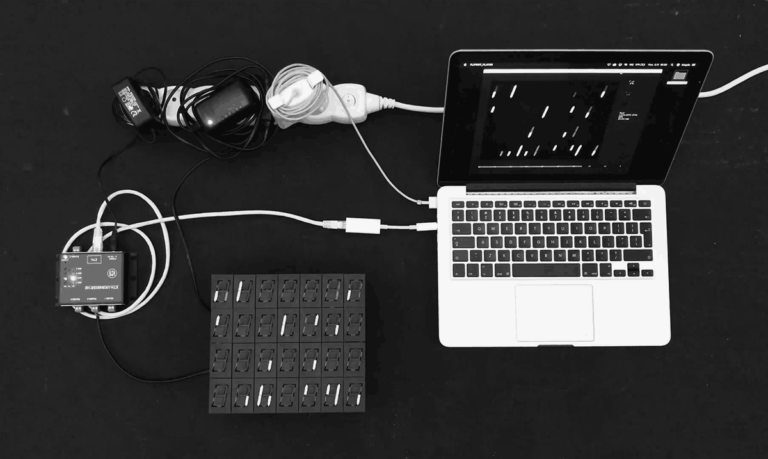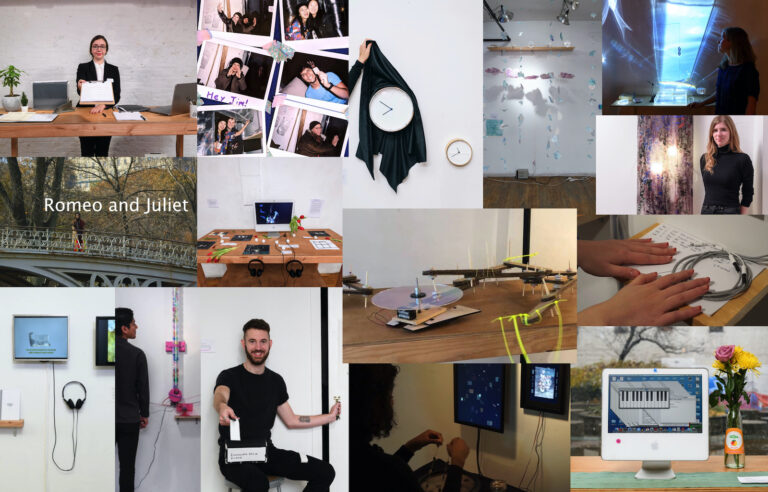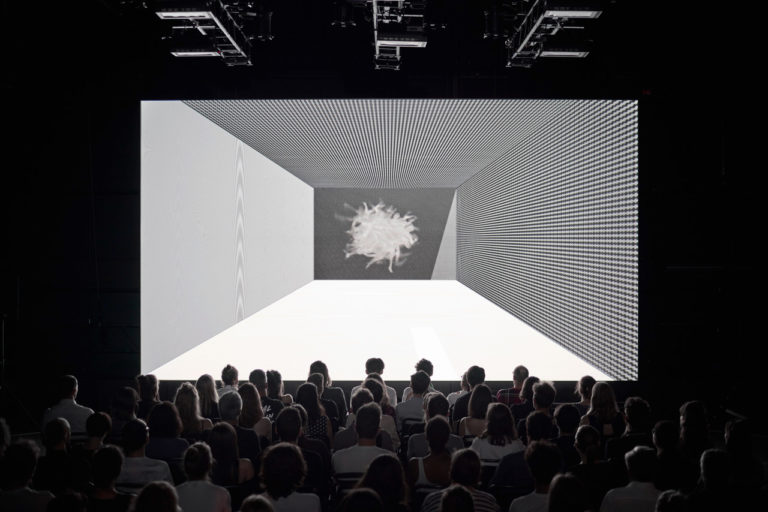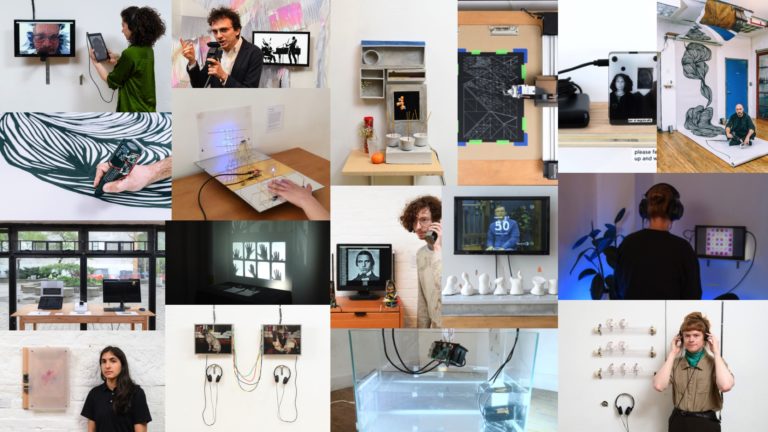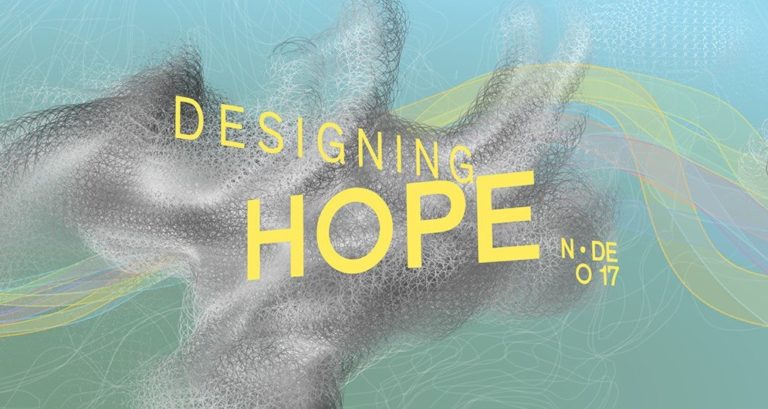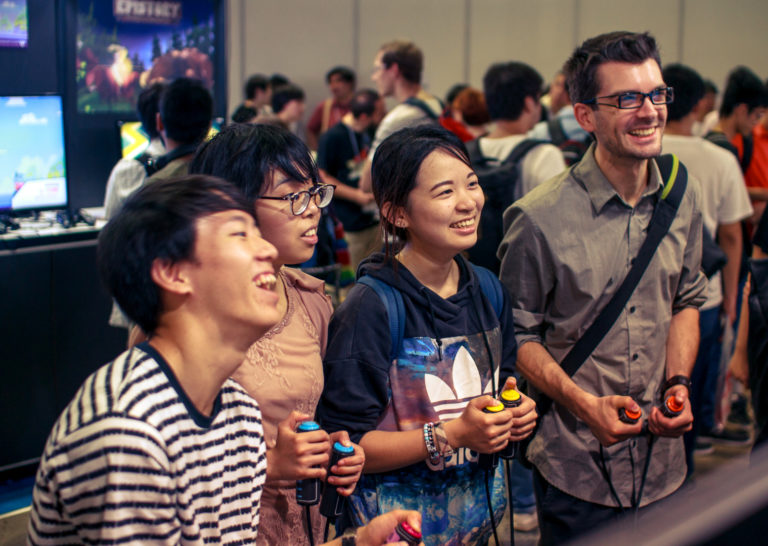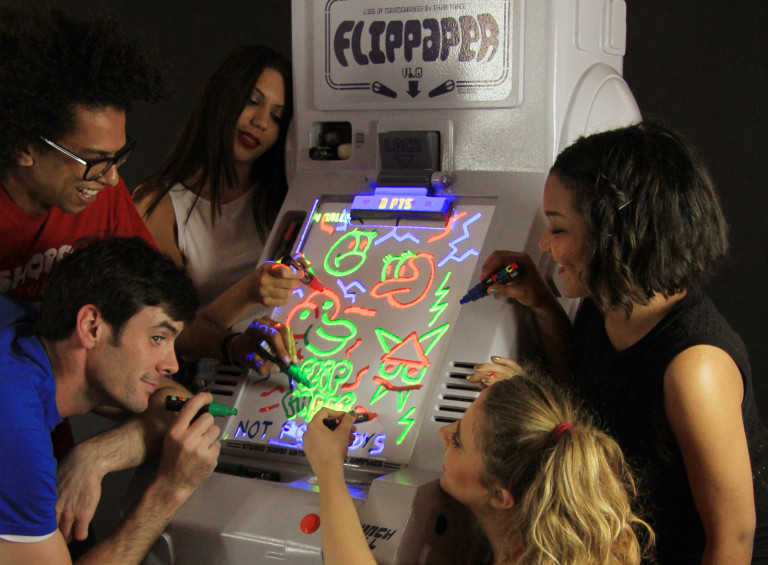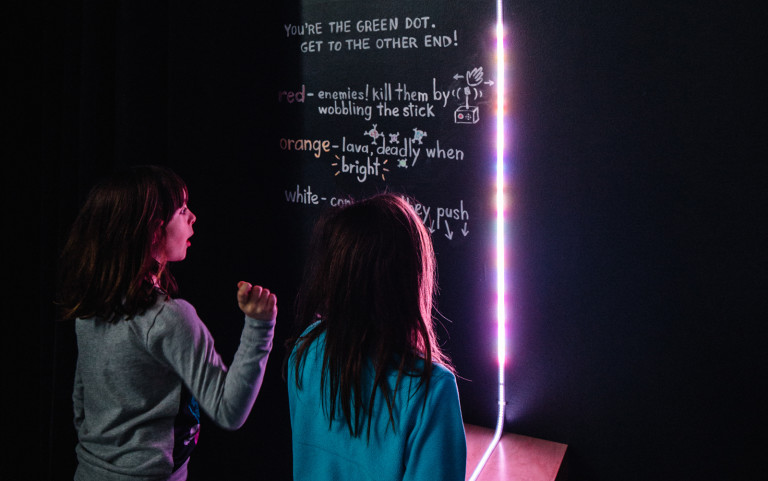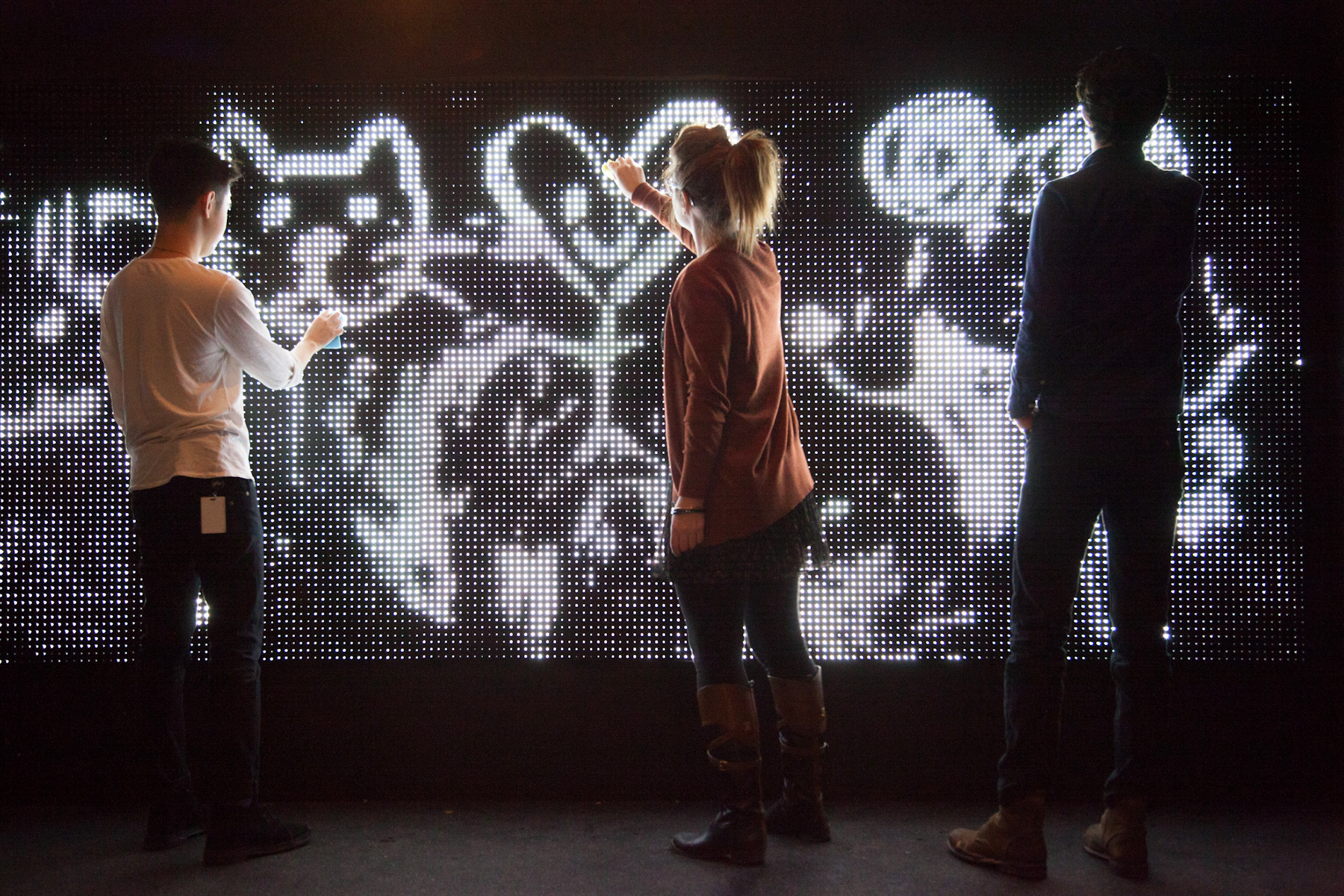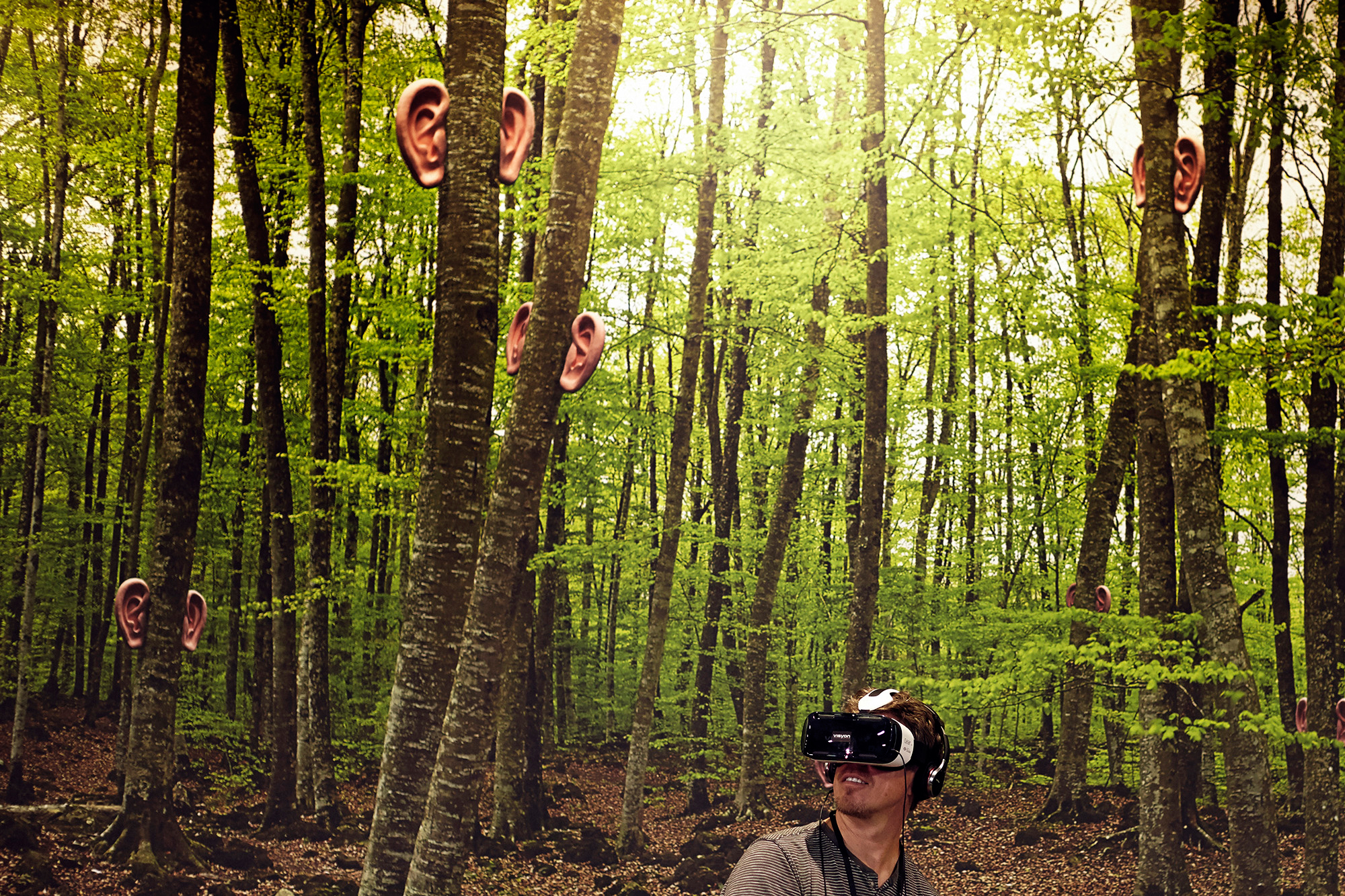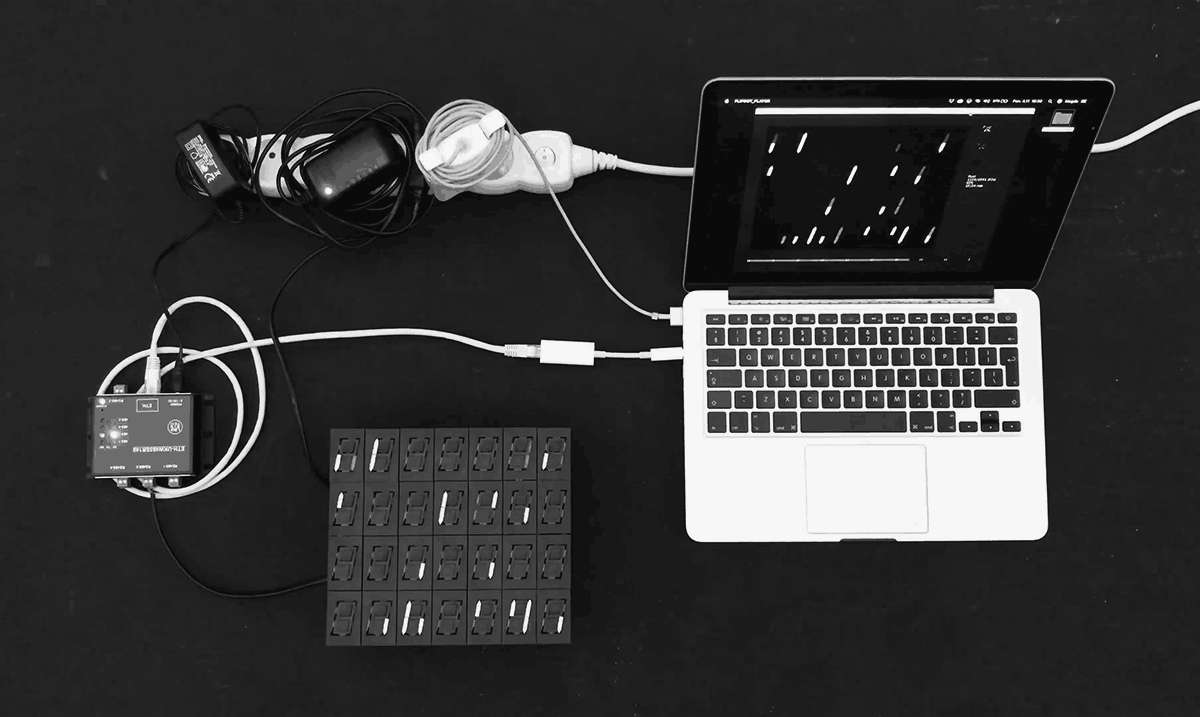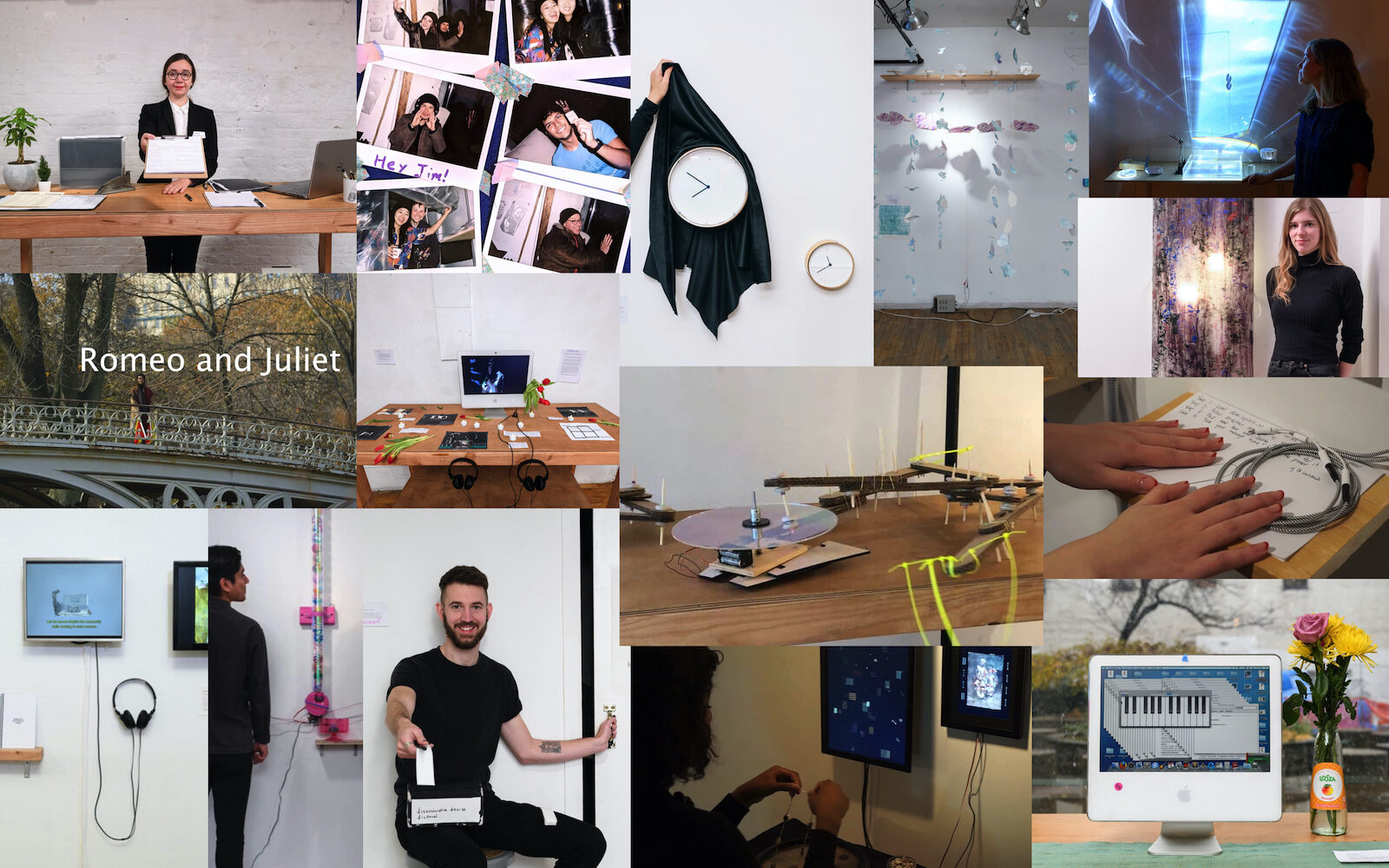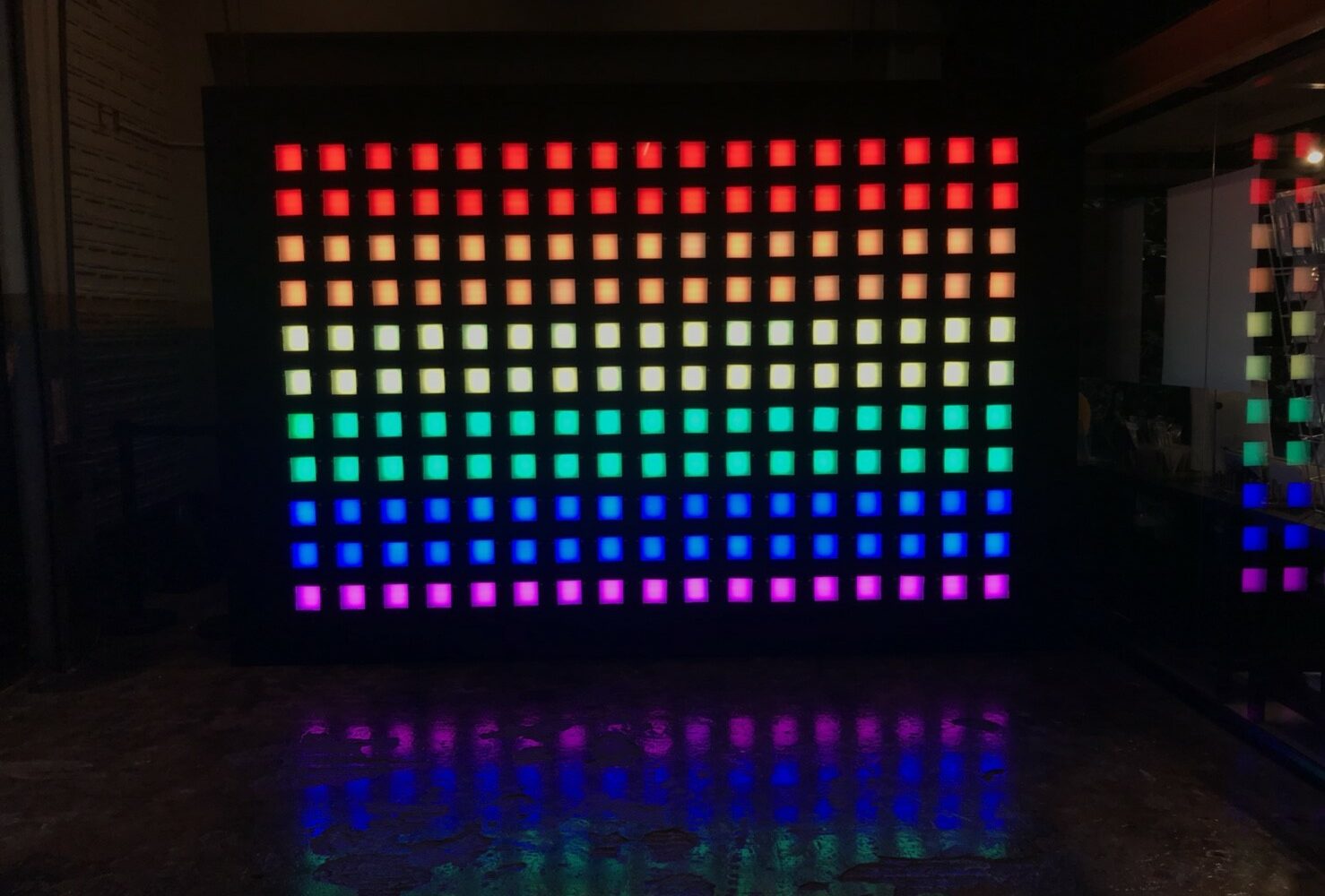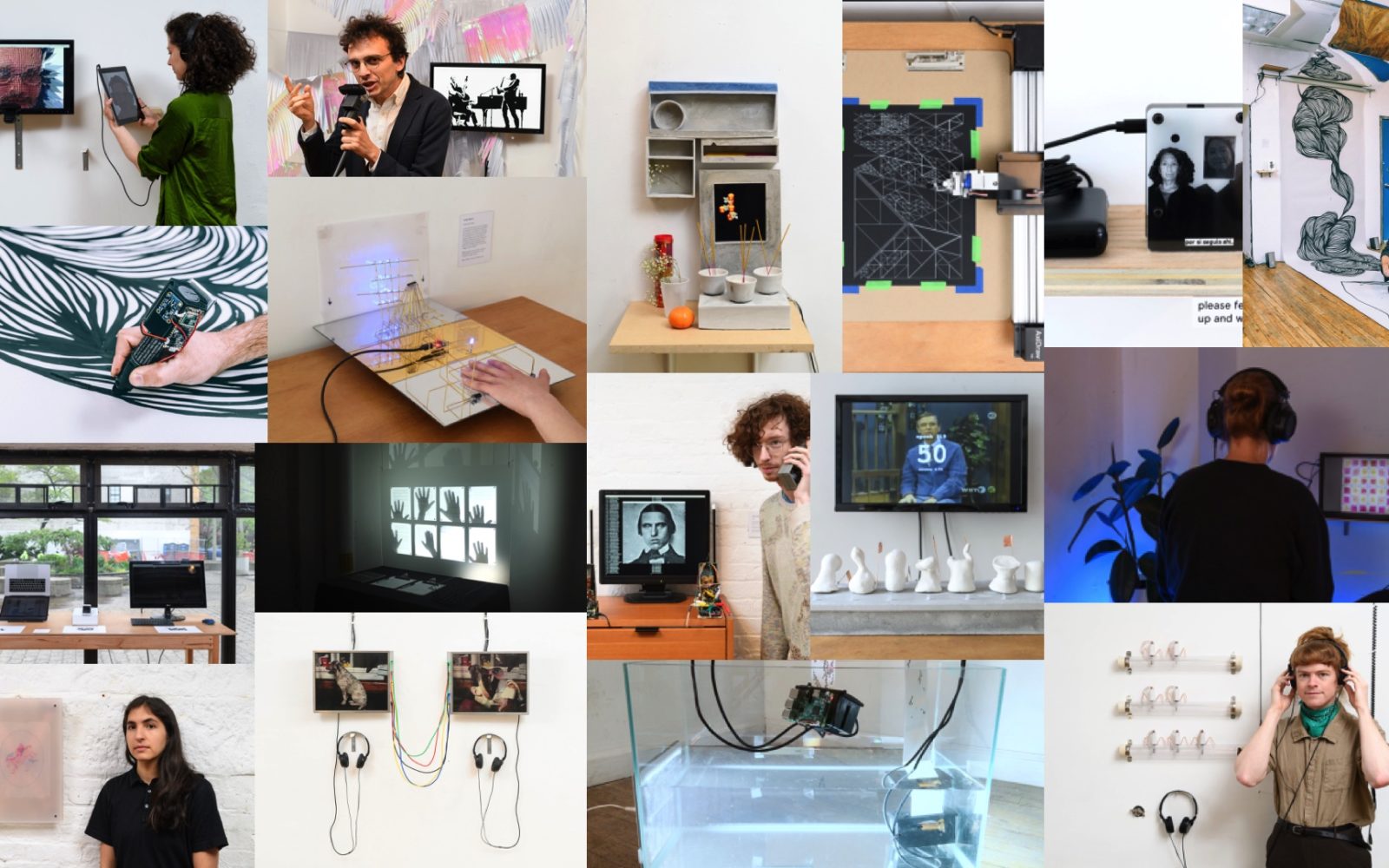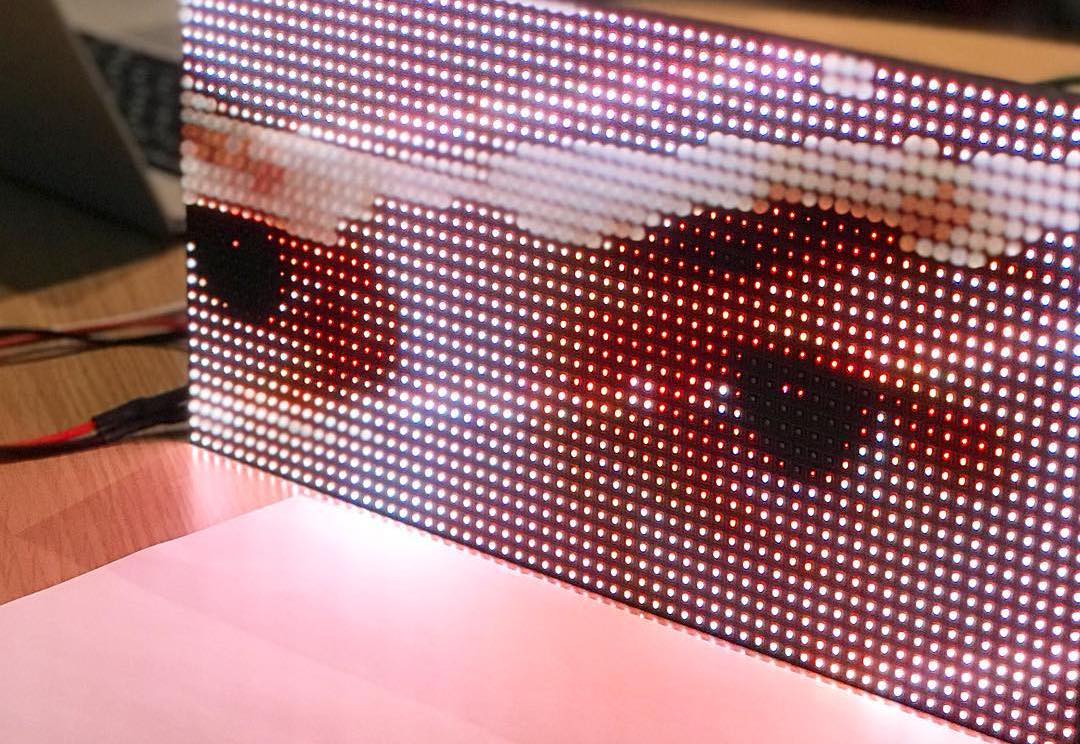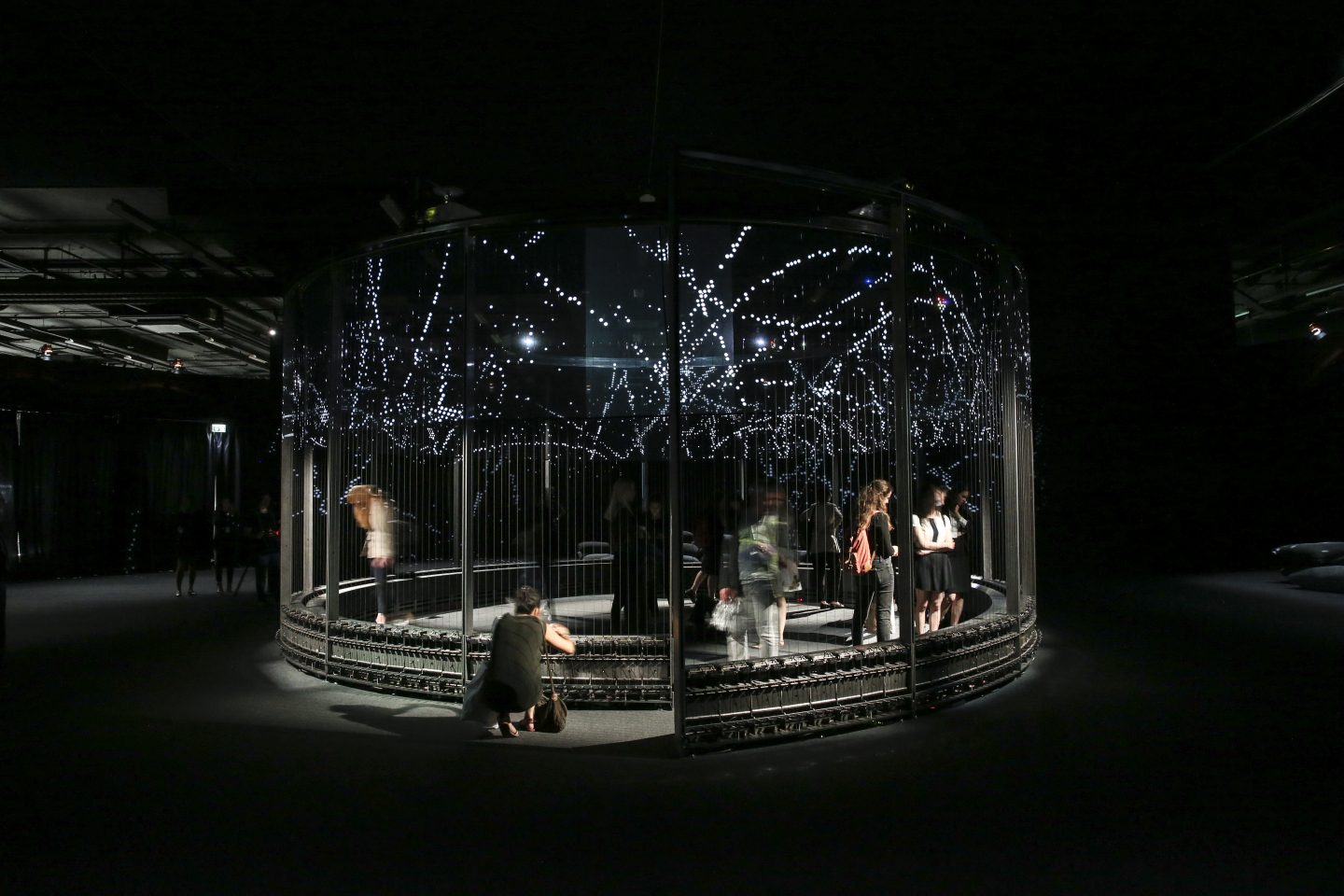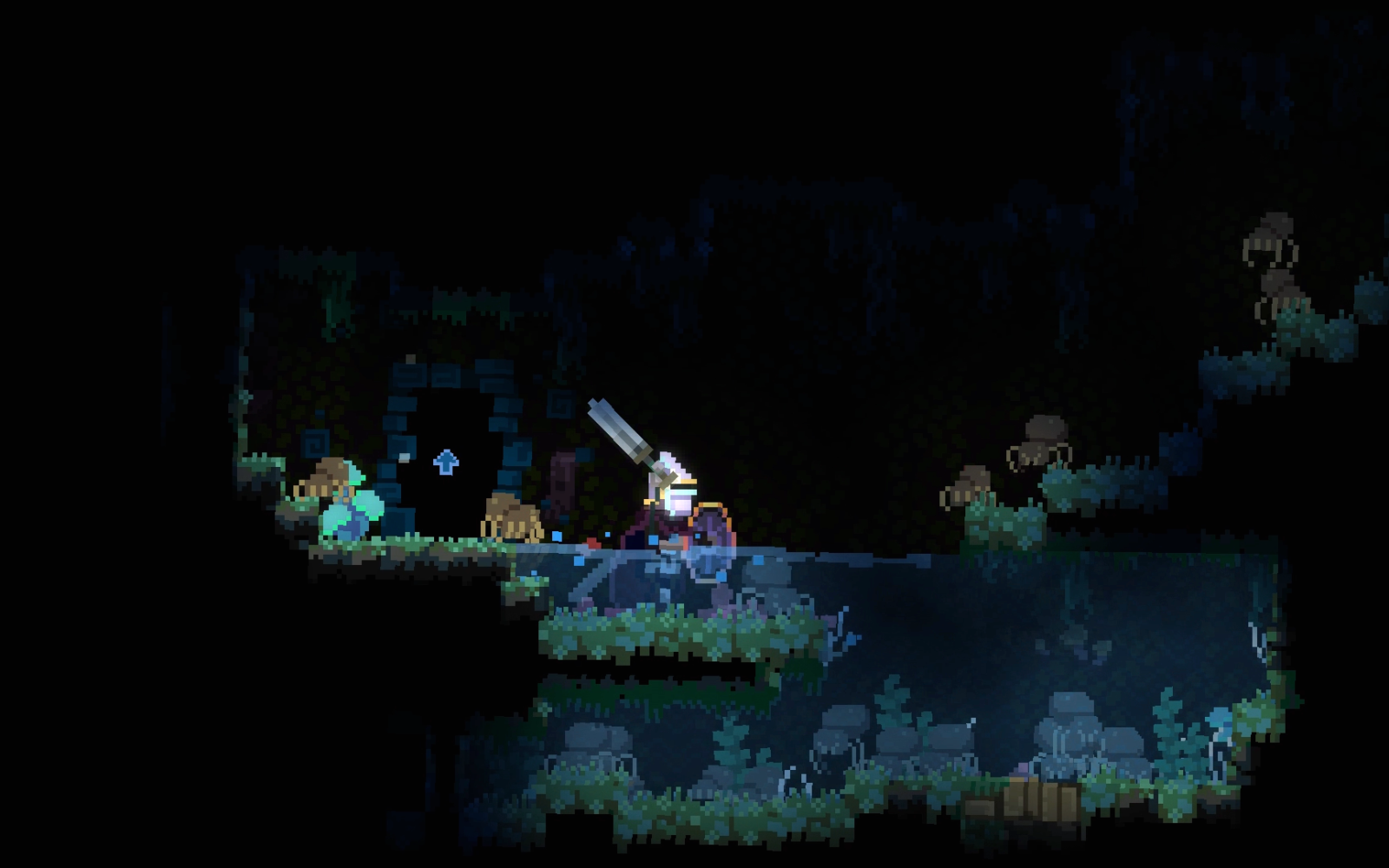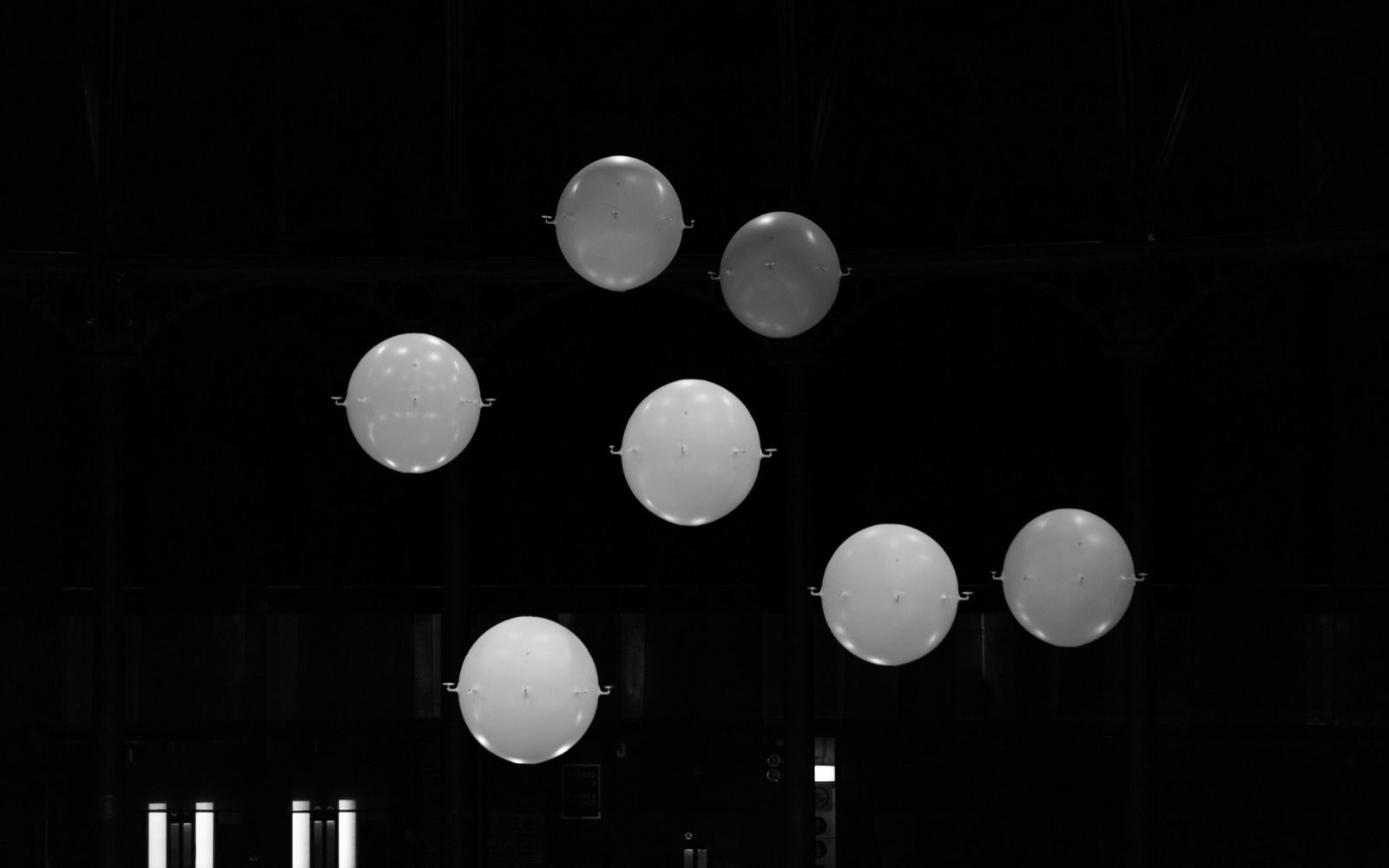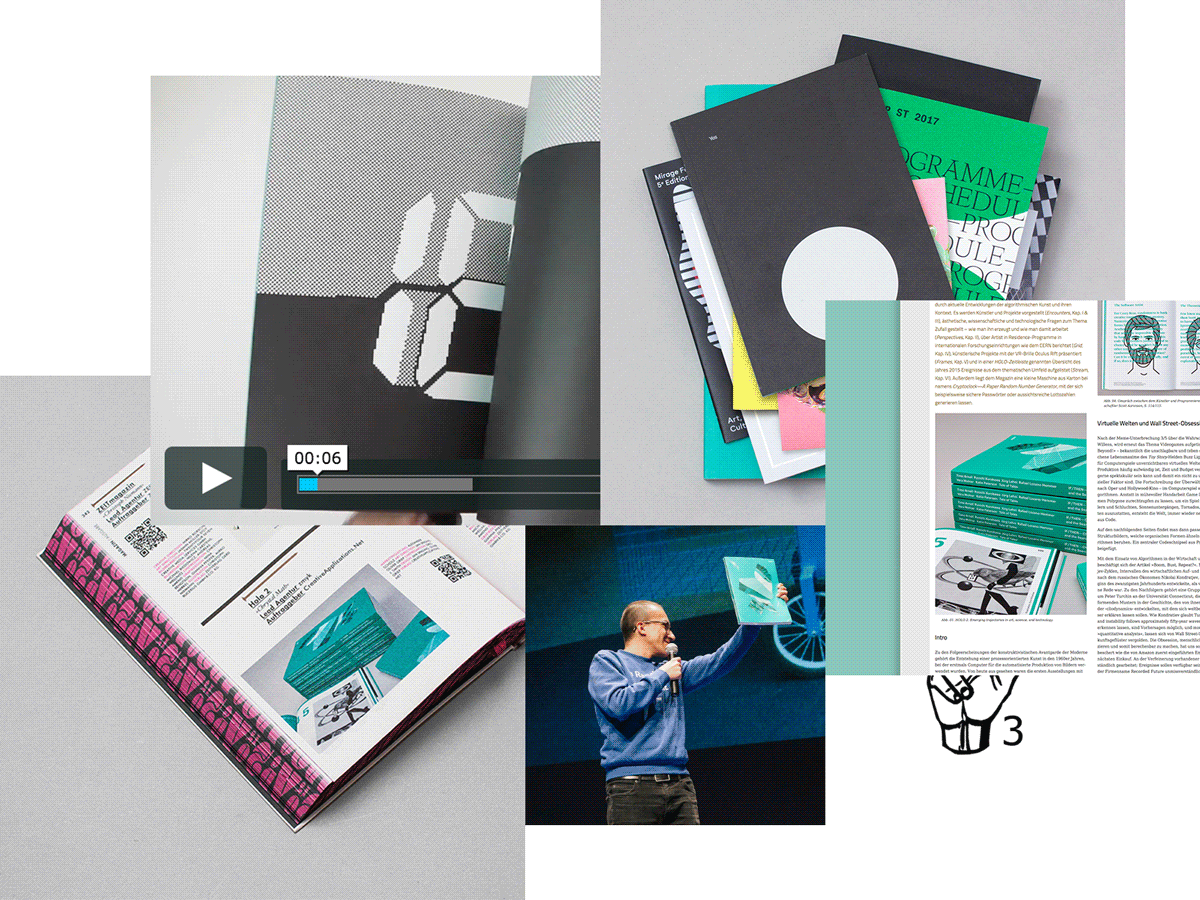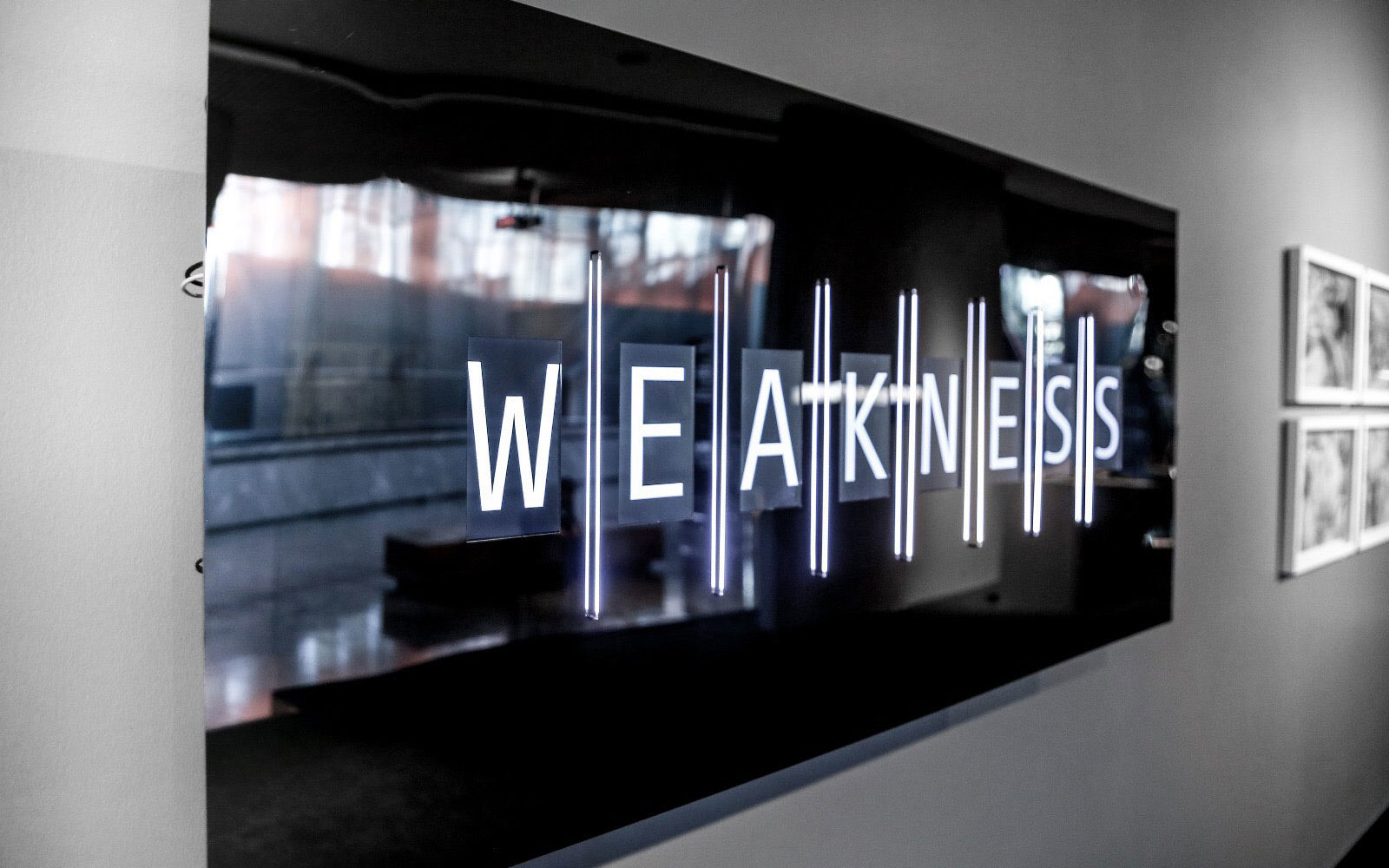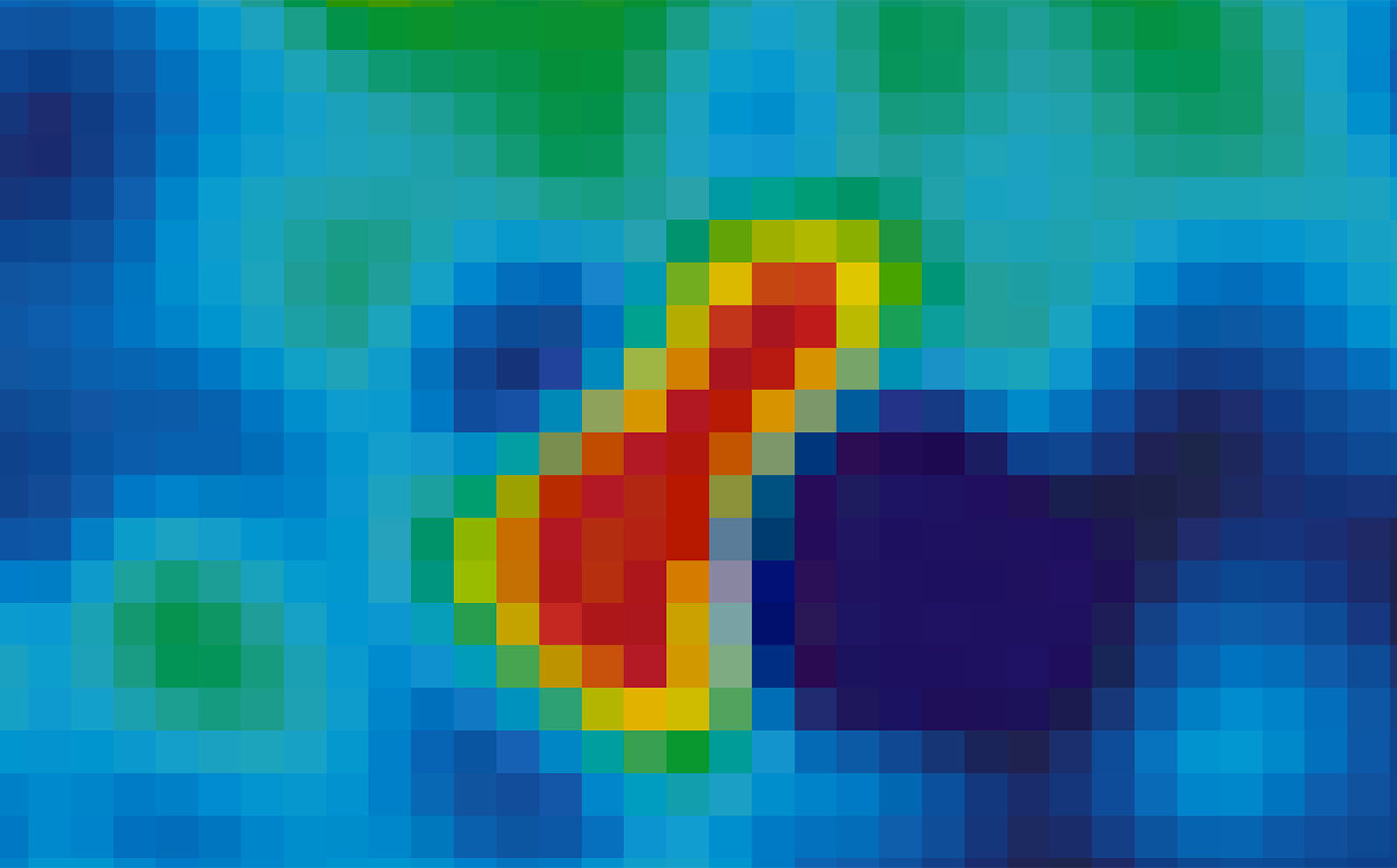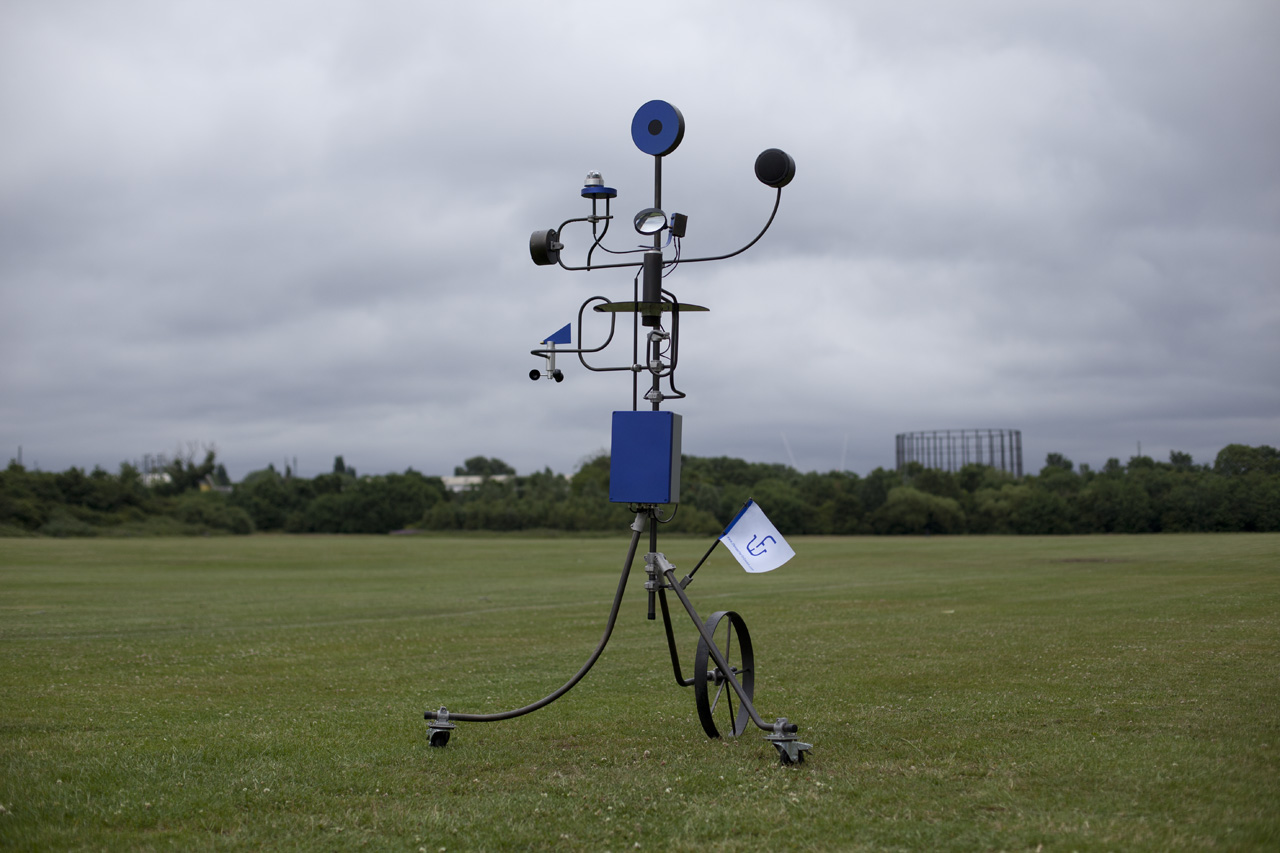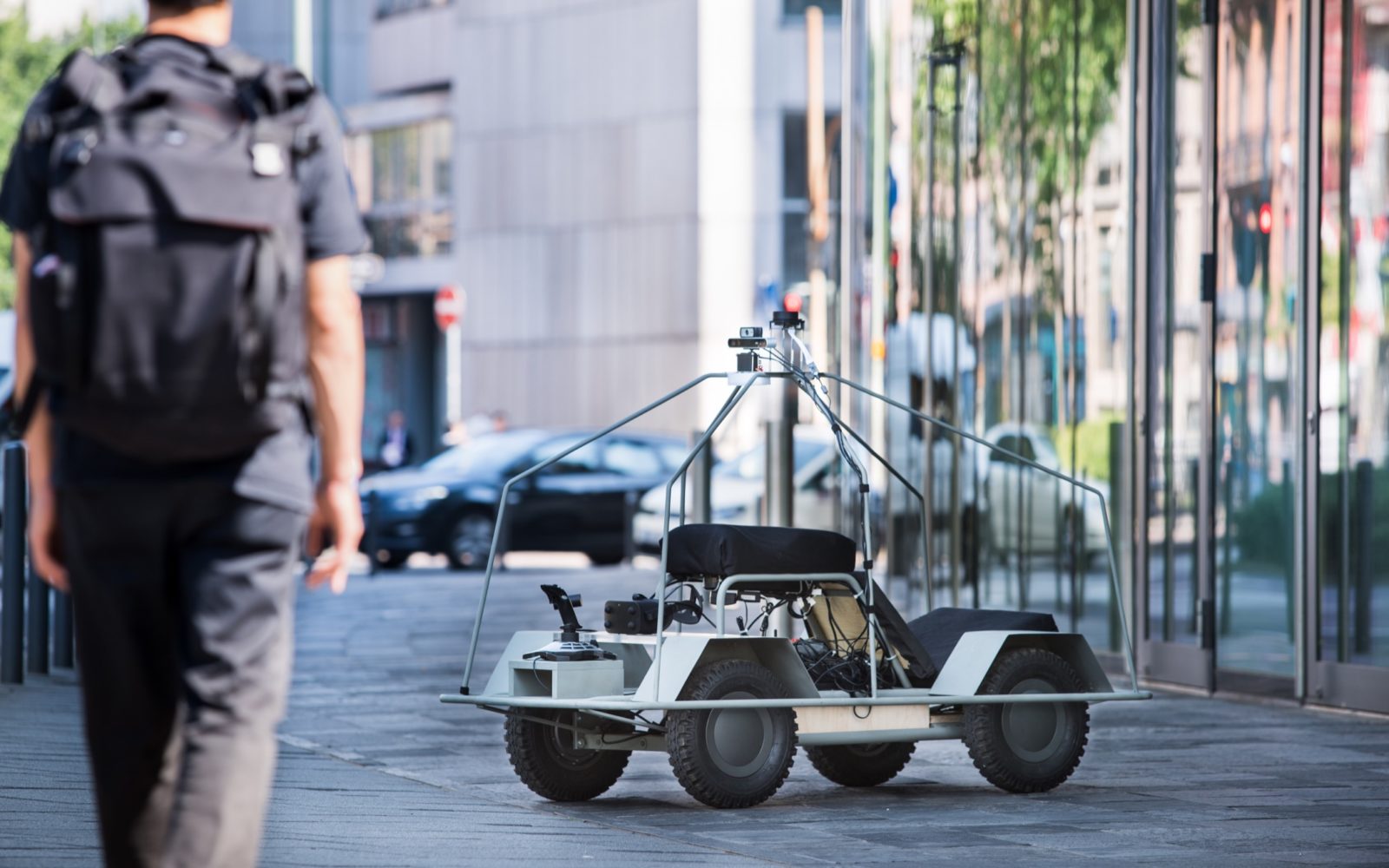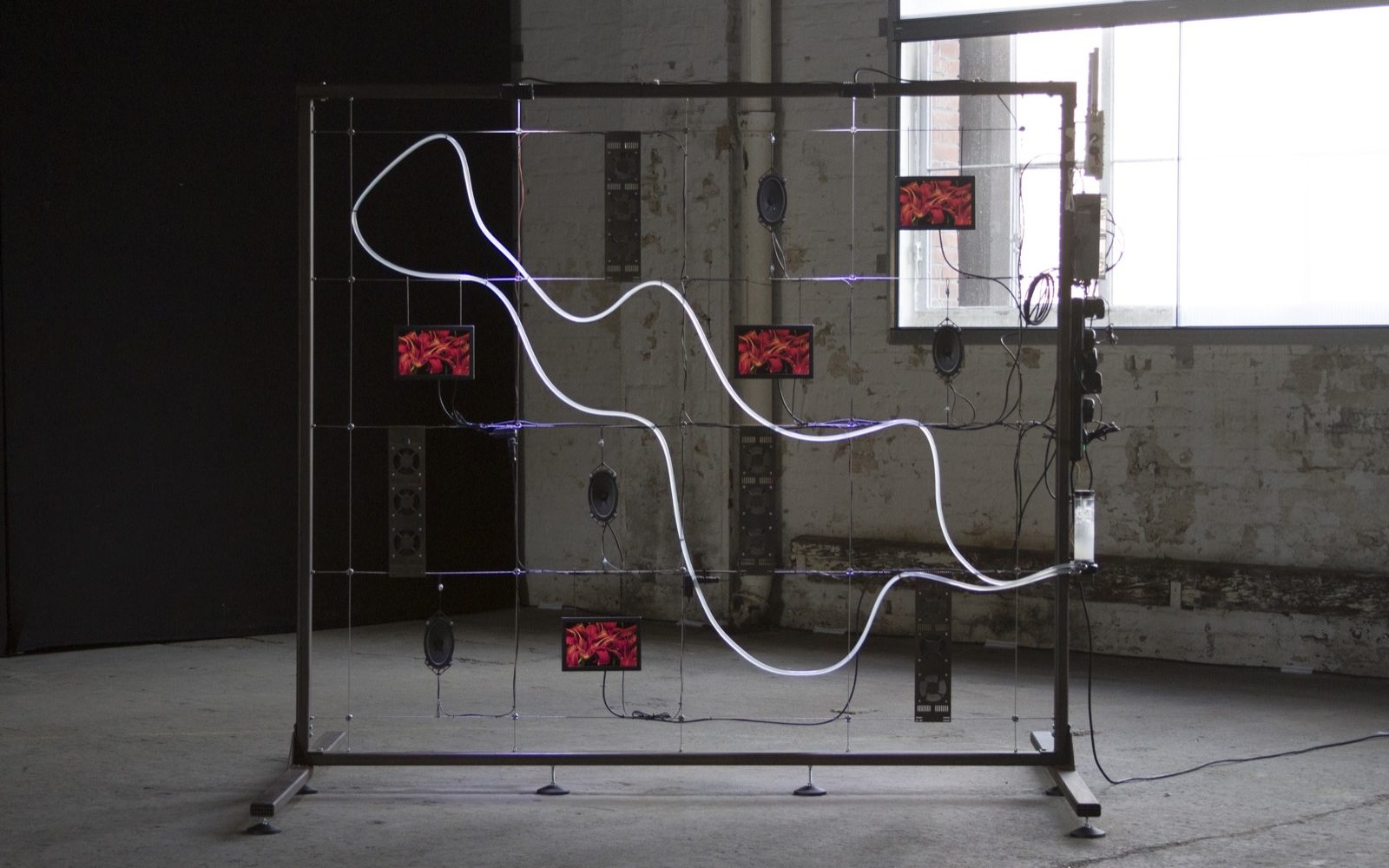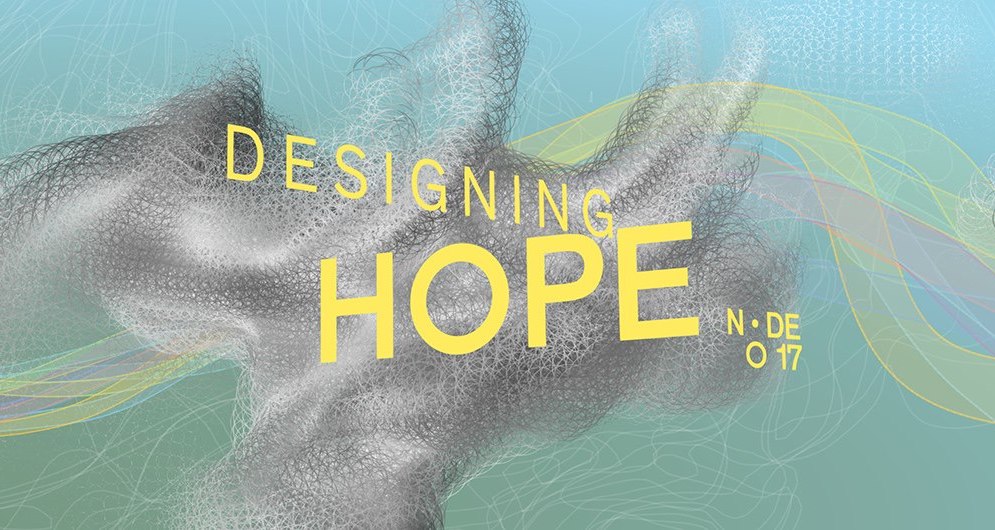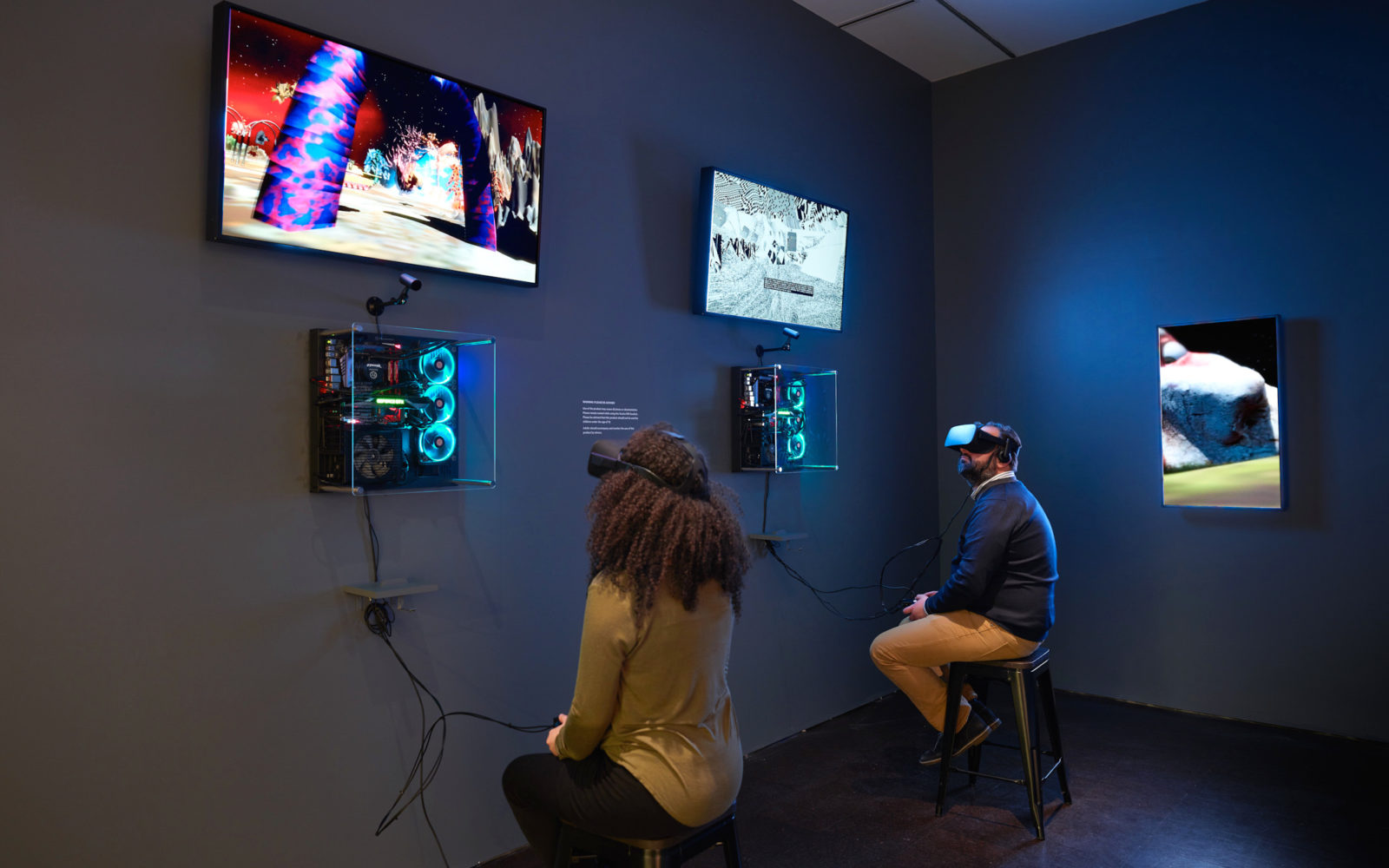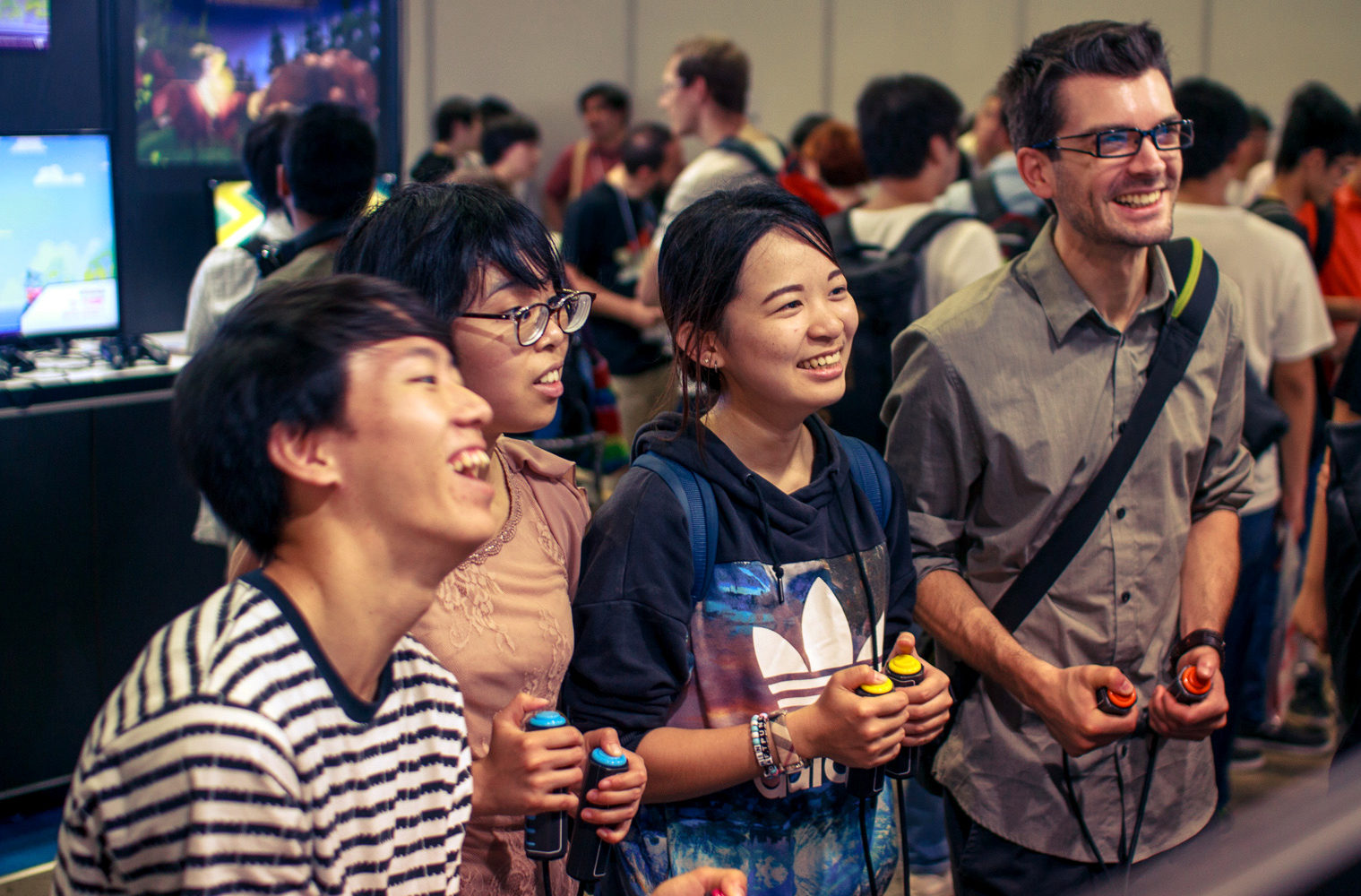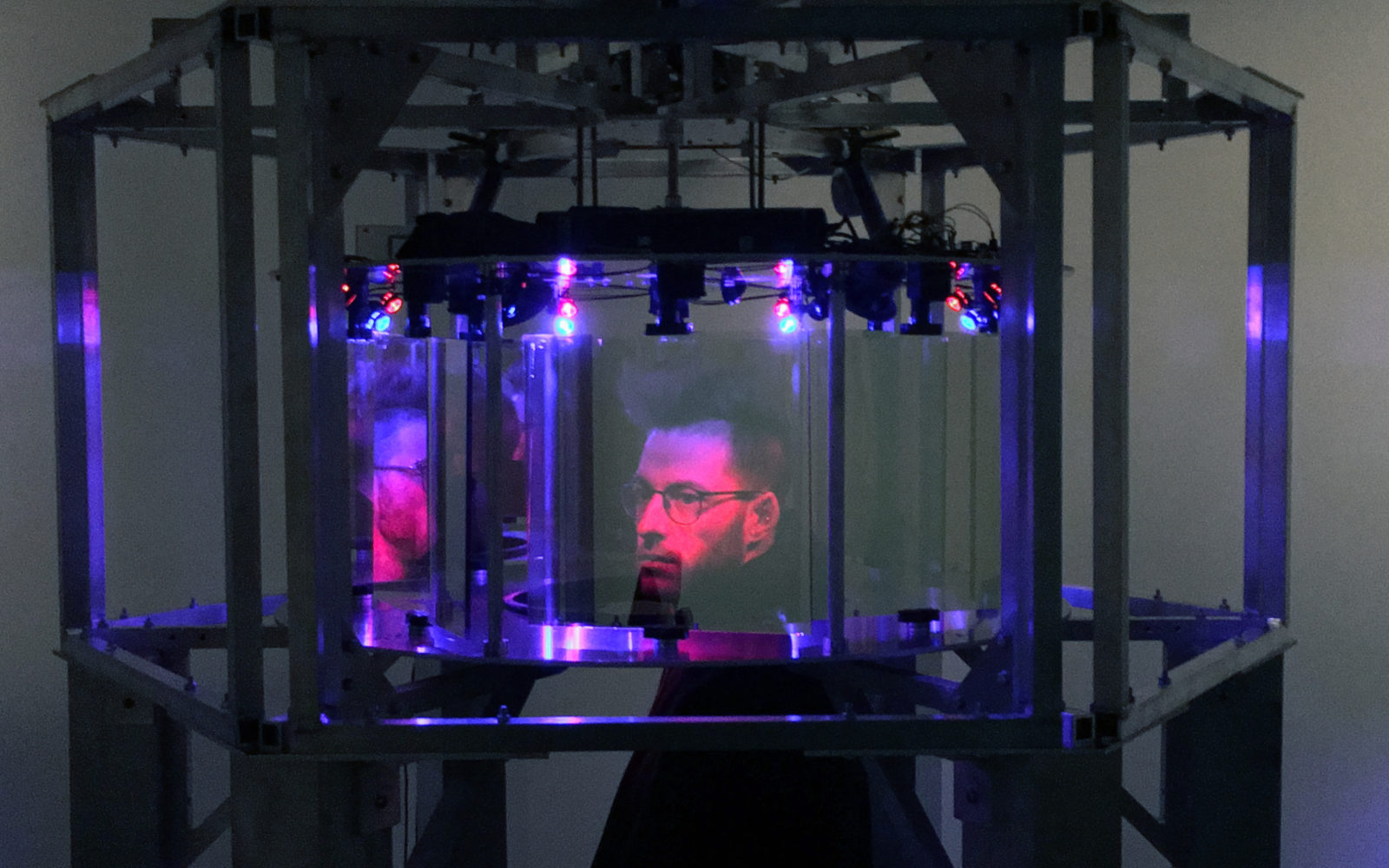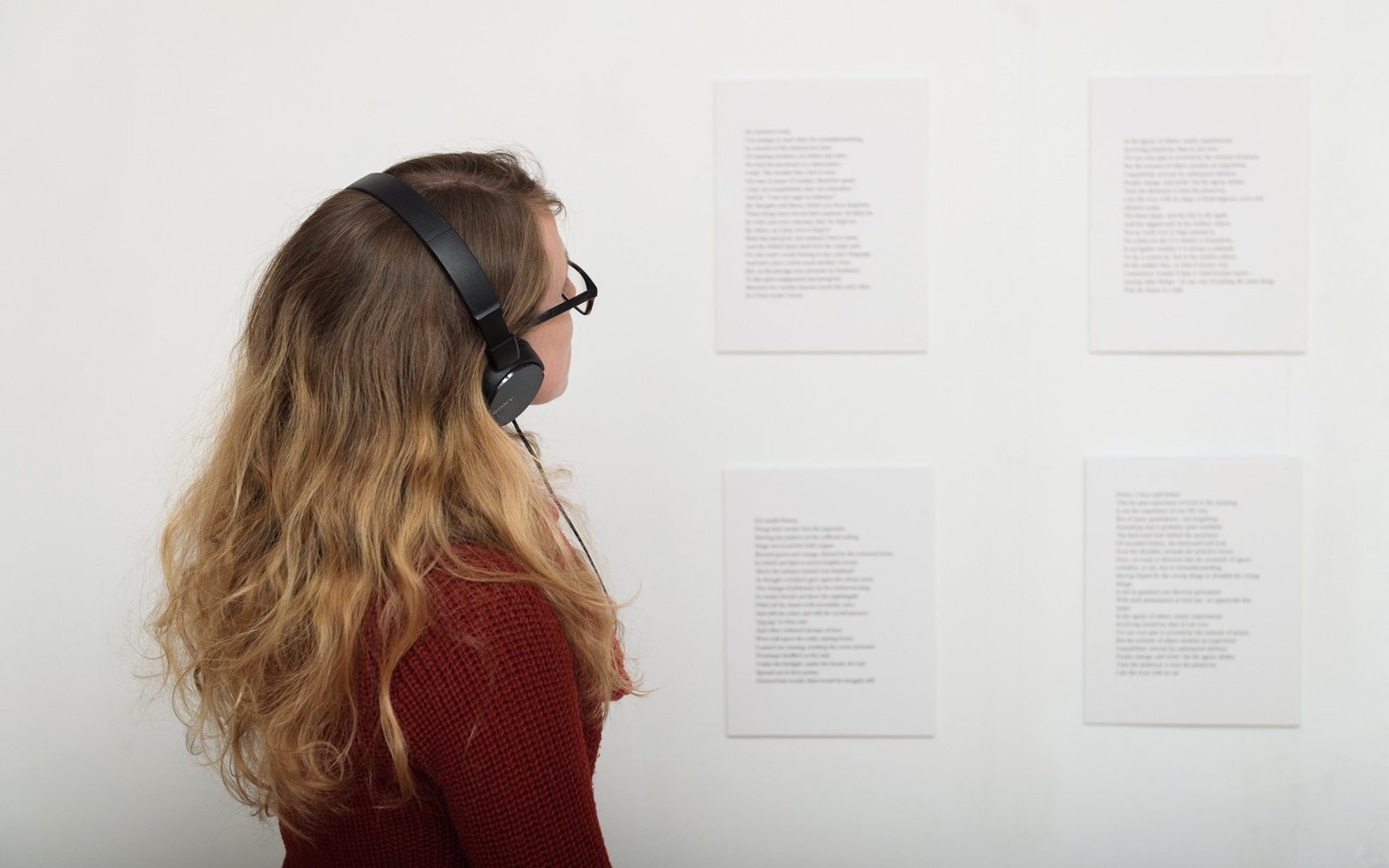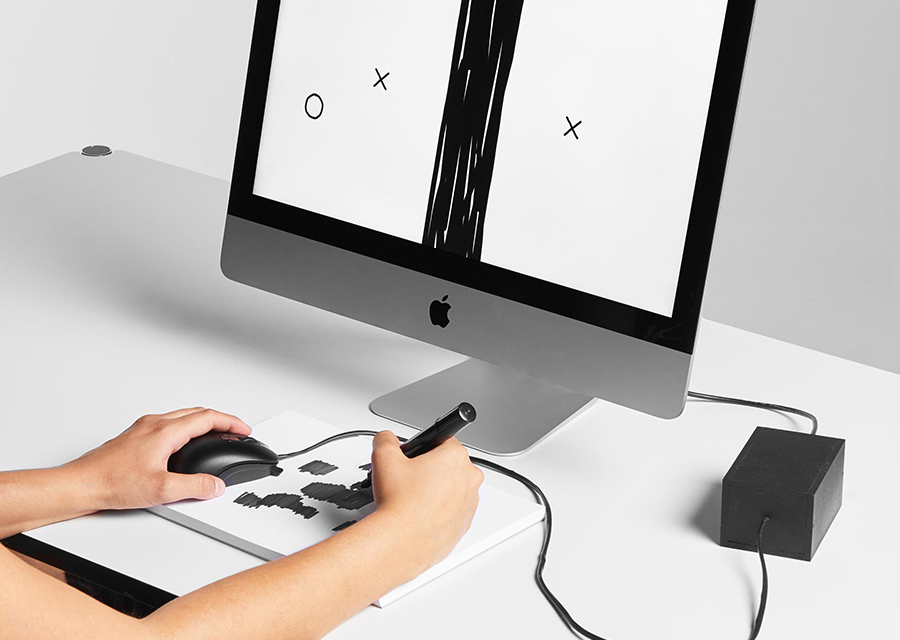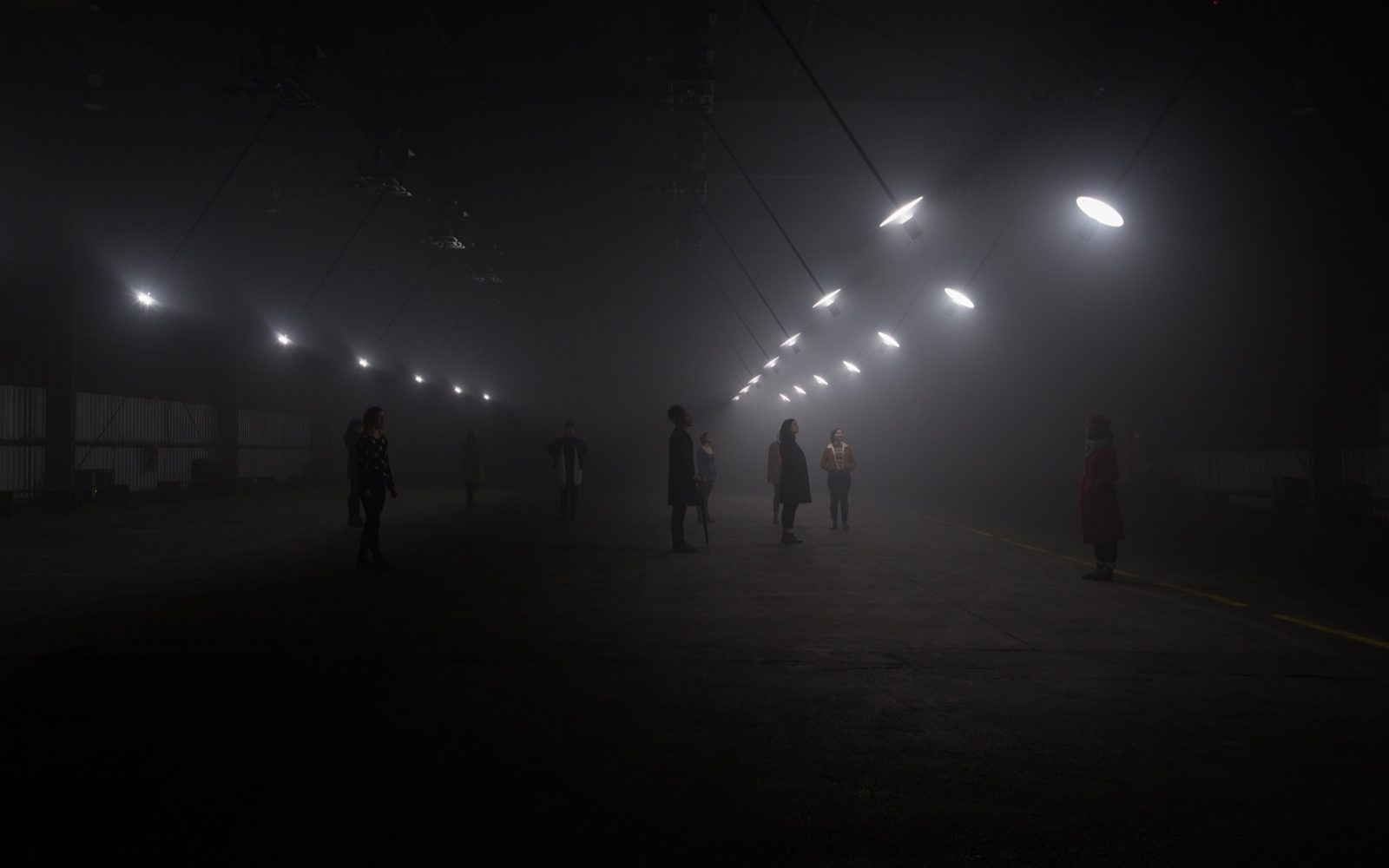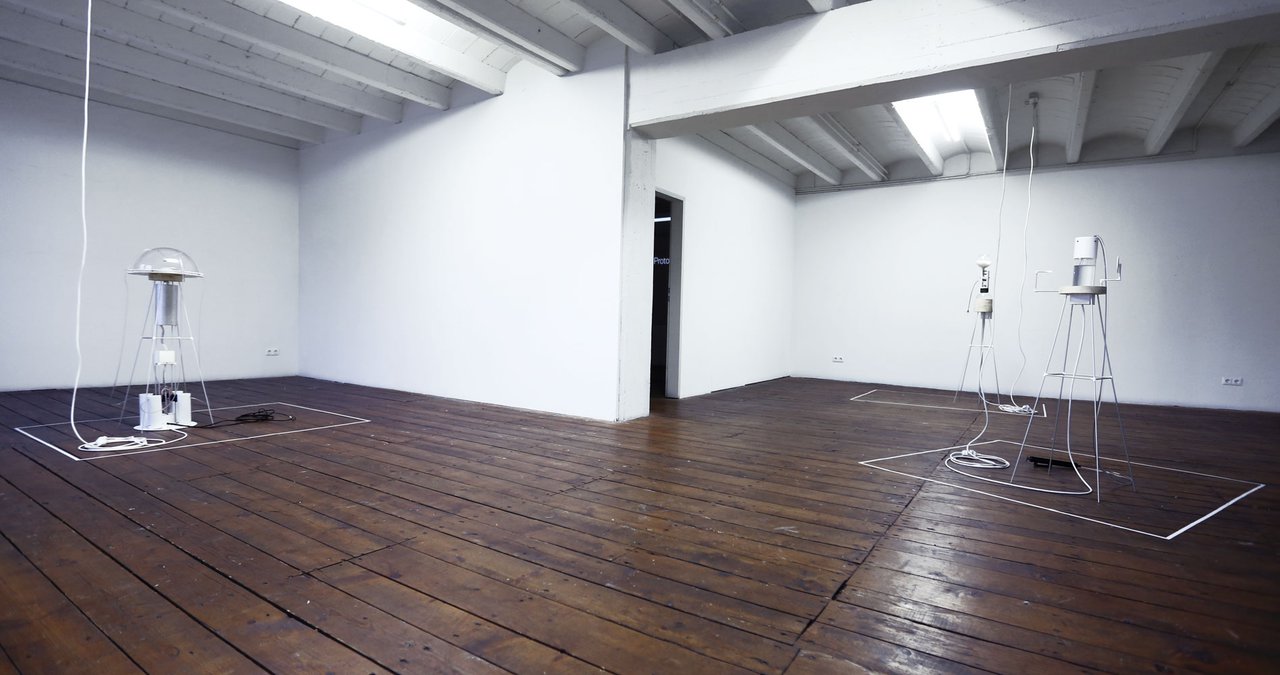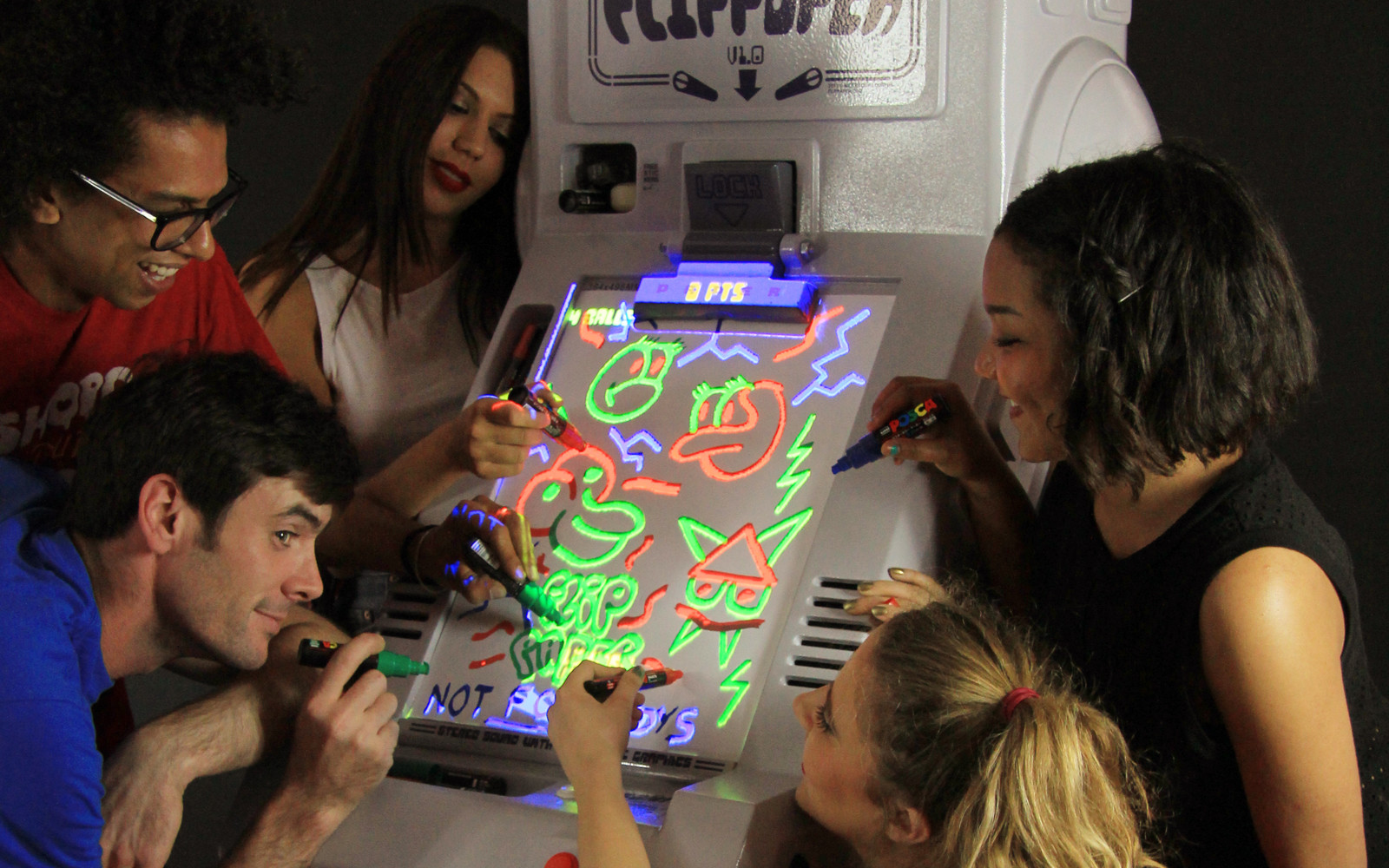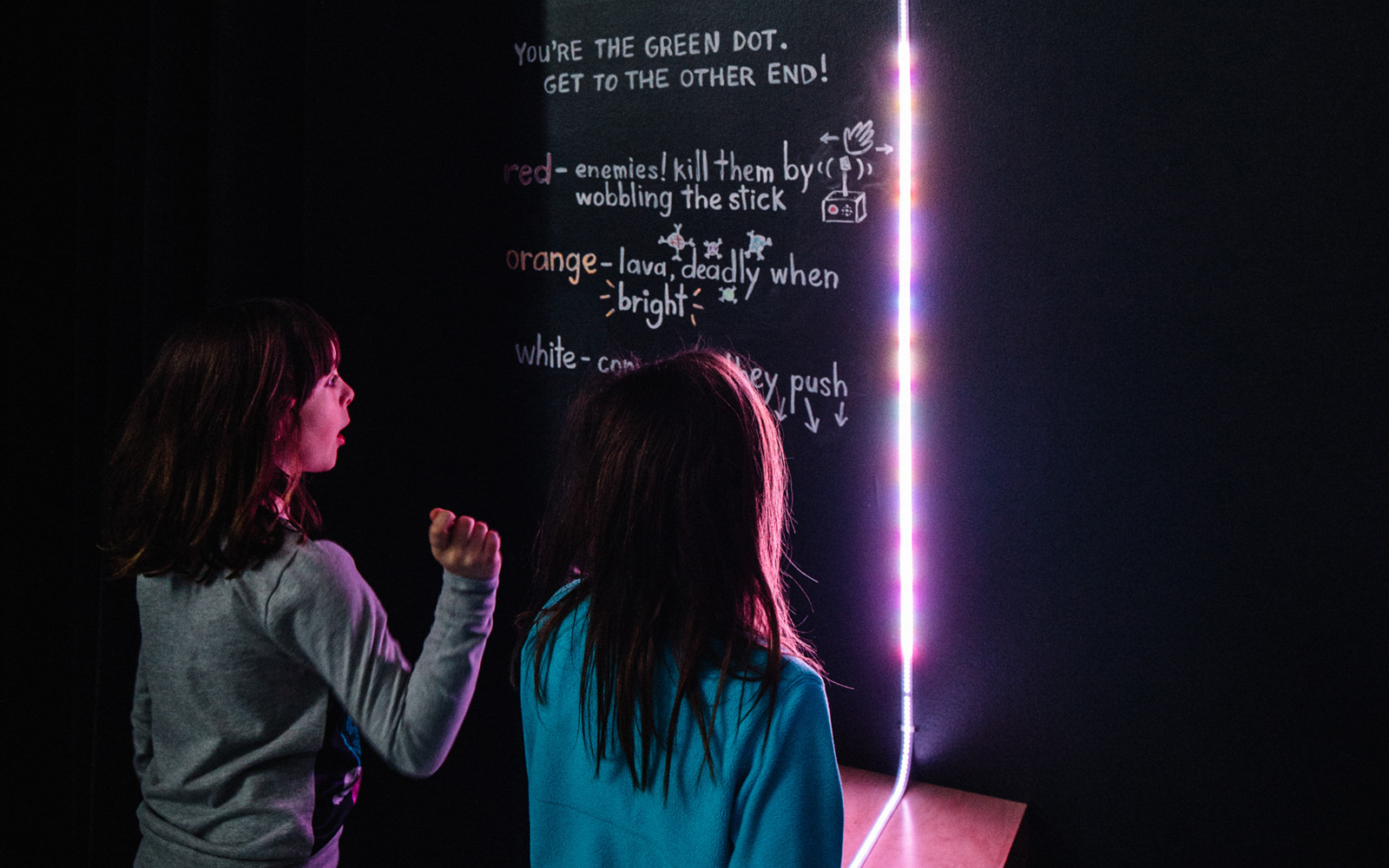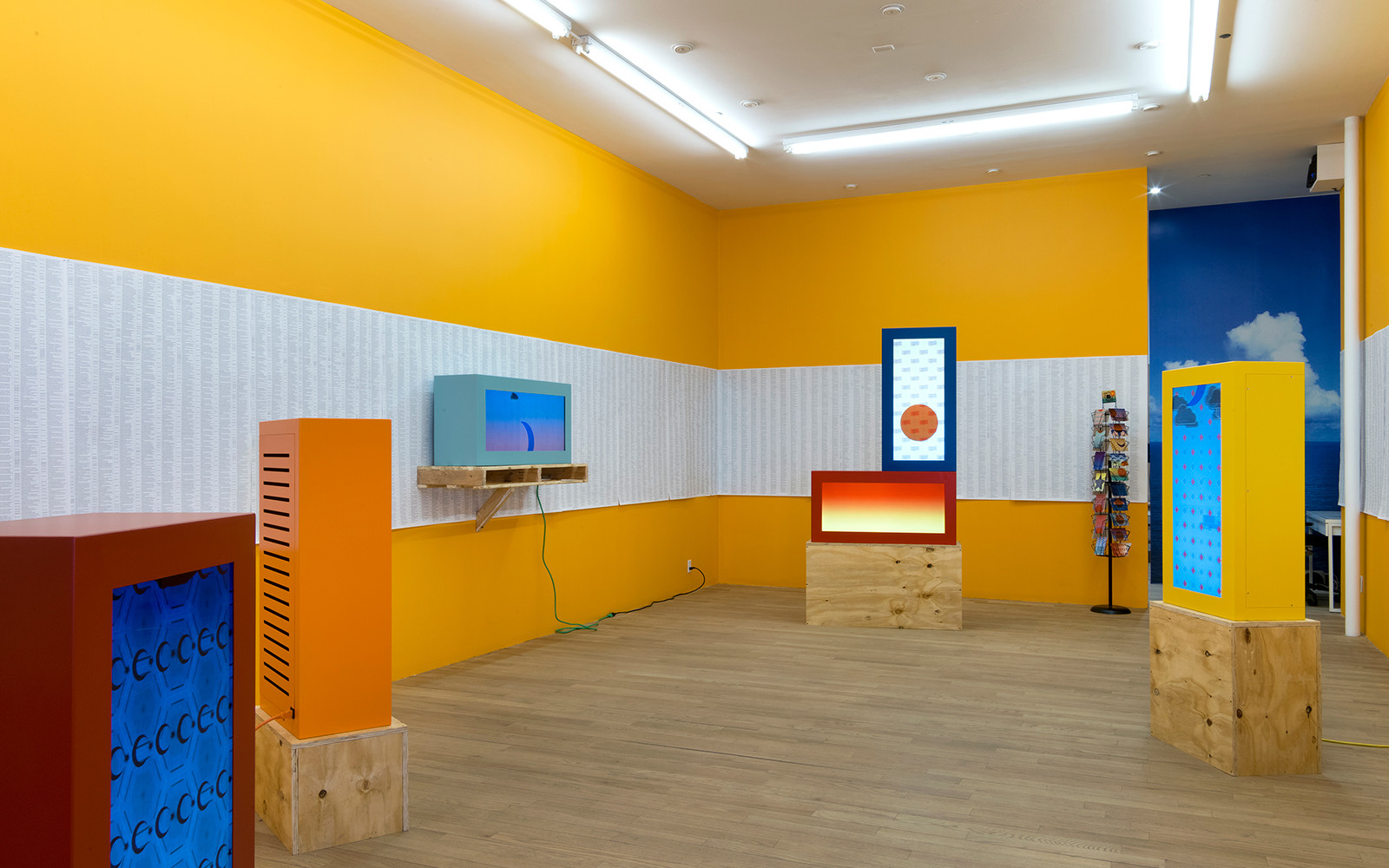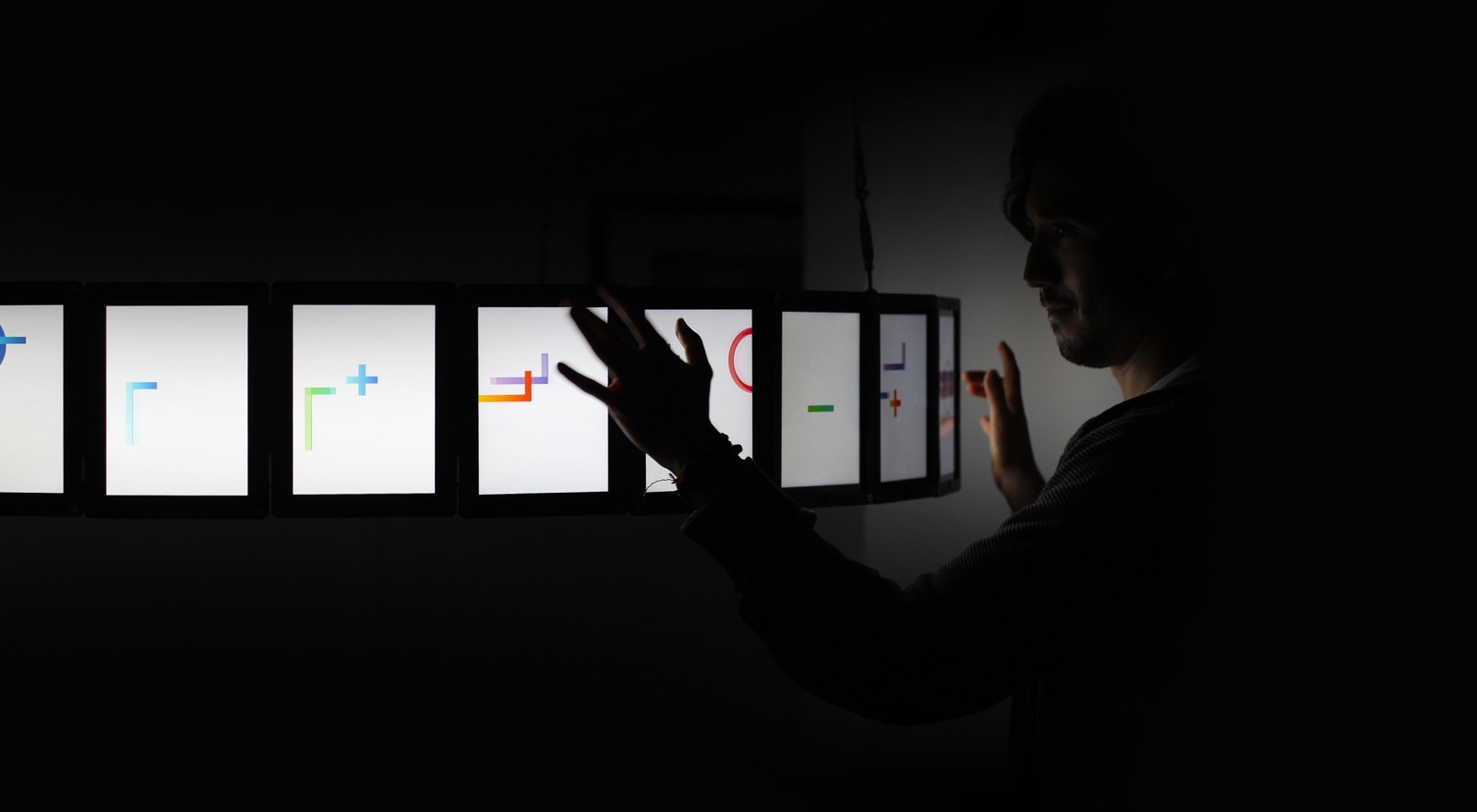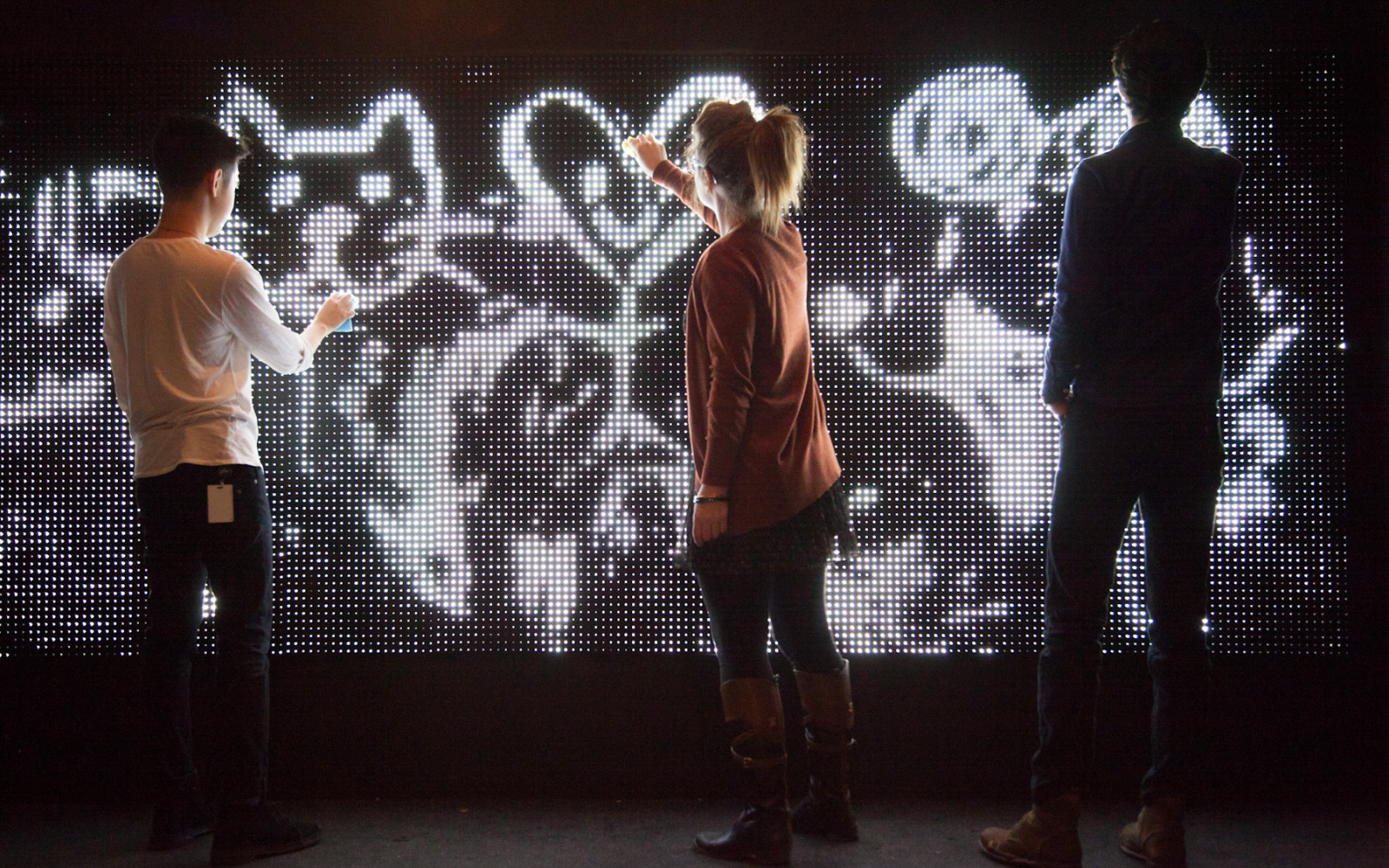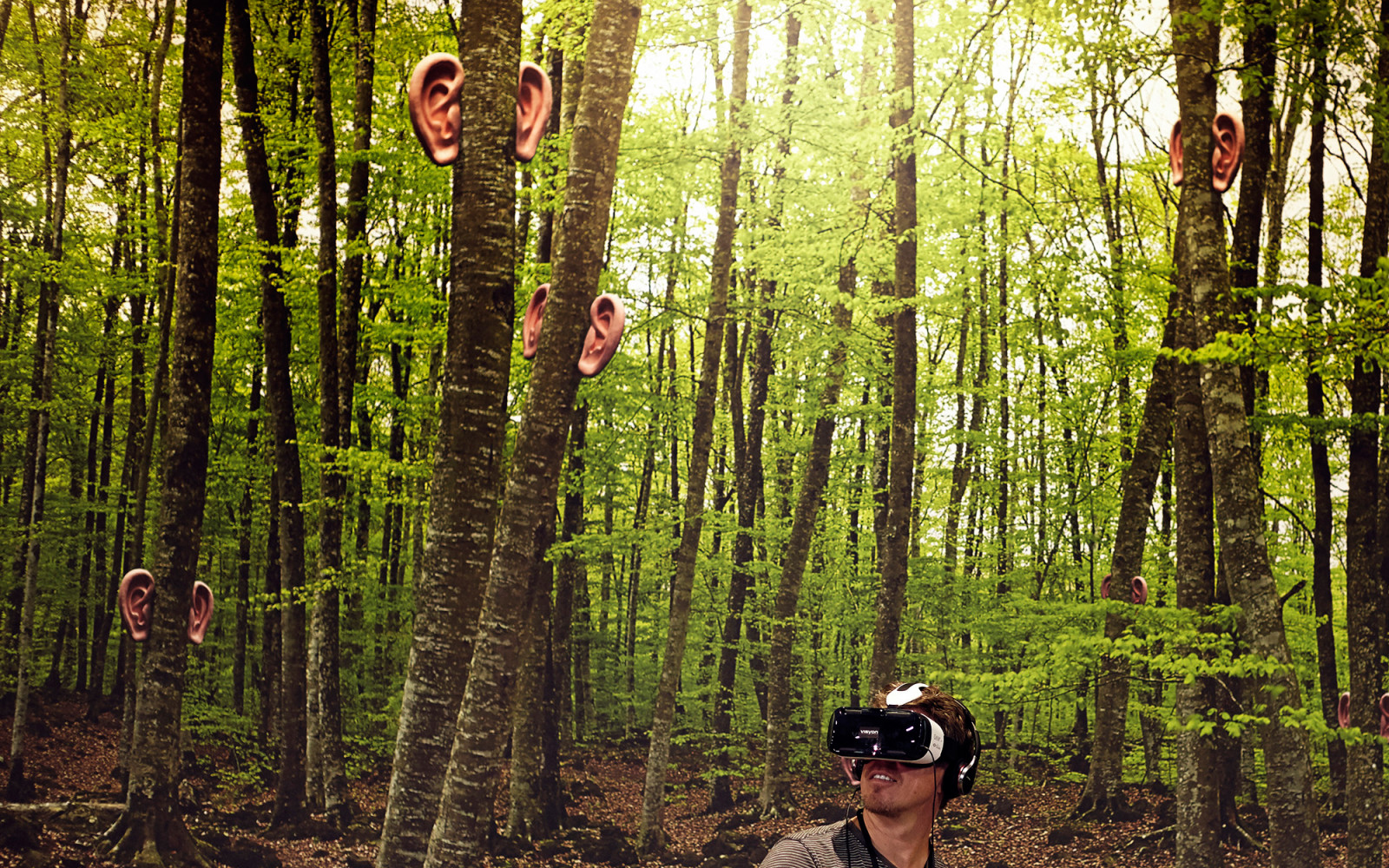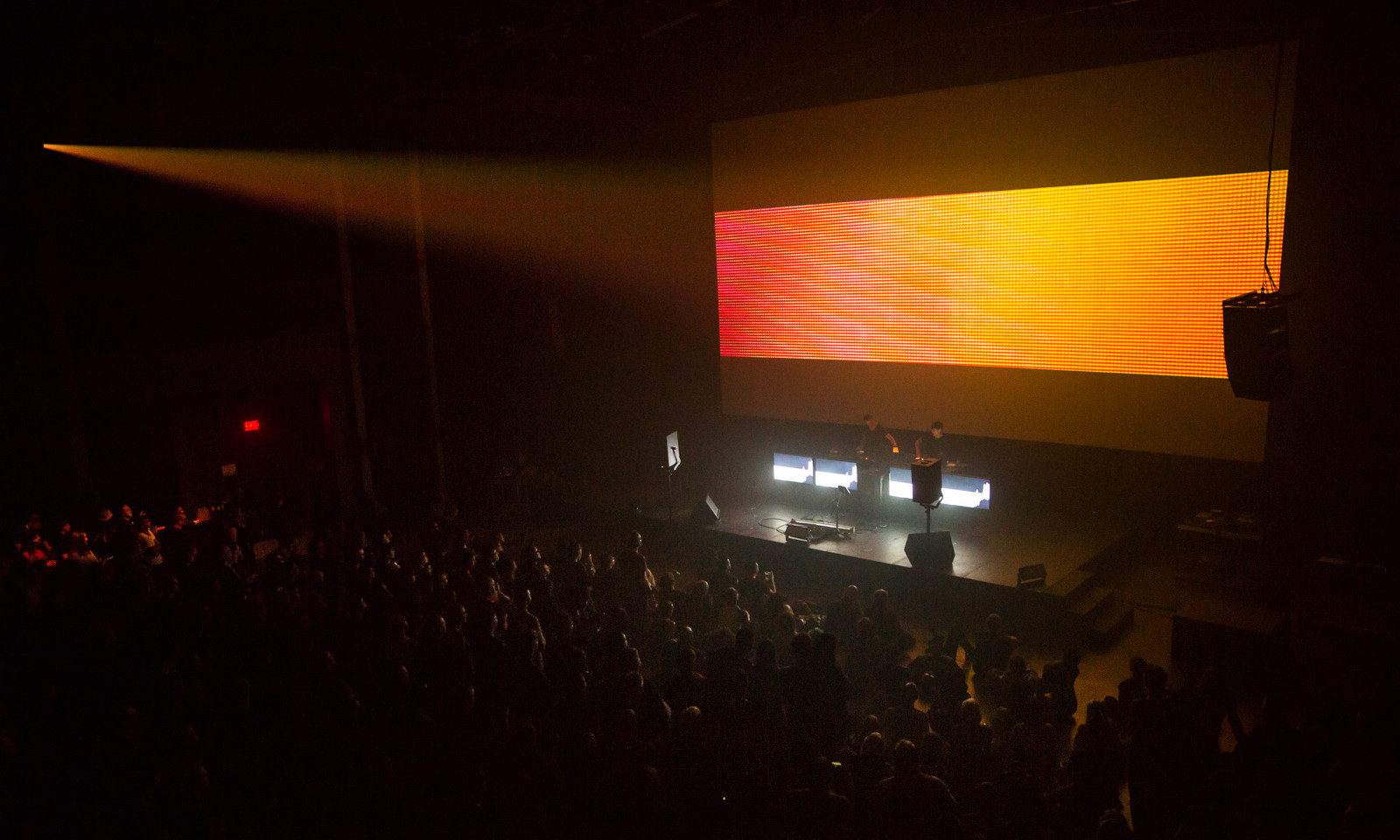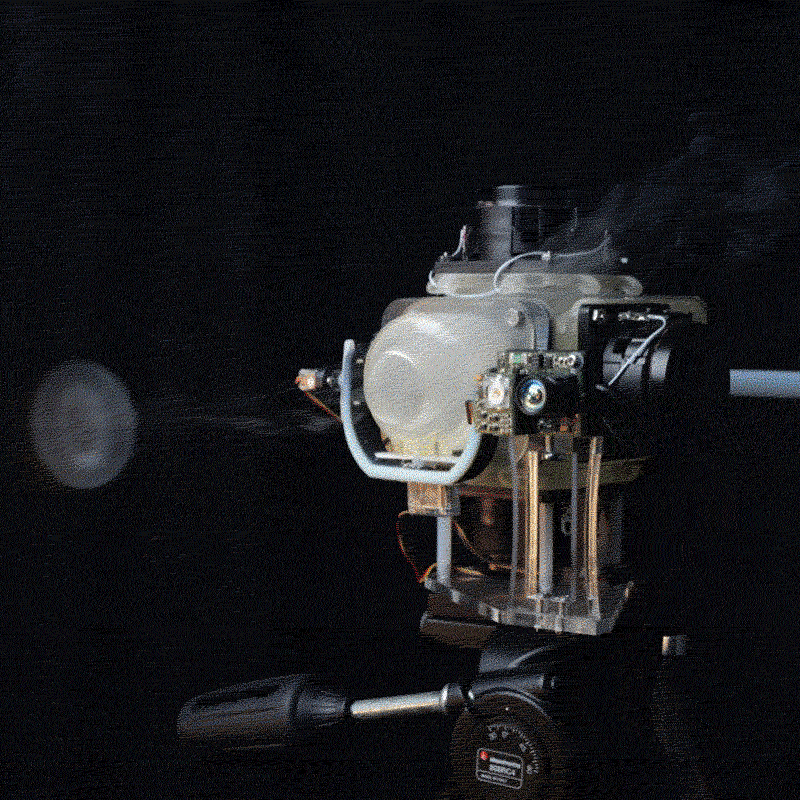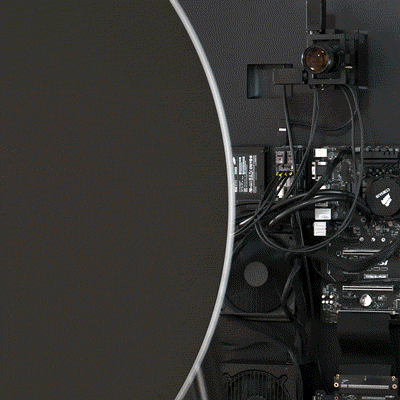/?s=light box
Displaying search results
149 Results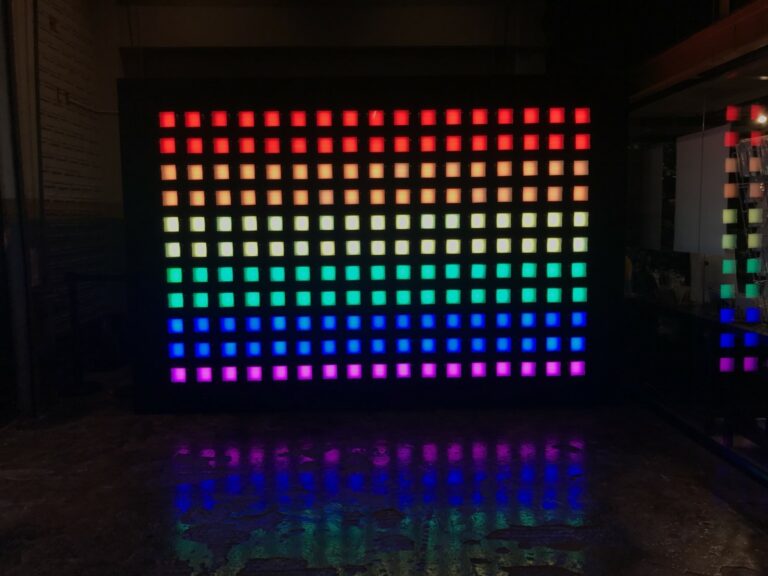
Click Canvas is my version of creative canvas for the gallery visitors to left some of their creative artworks at the Yelo house gallery. 187 Boxes of light being constructed as creative tools likes pen and pencil but the color of each box being changed each time the audiences press it. I am quite amazed…
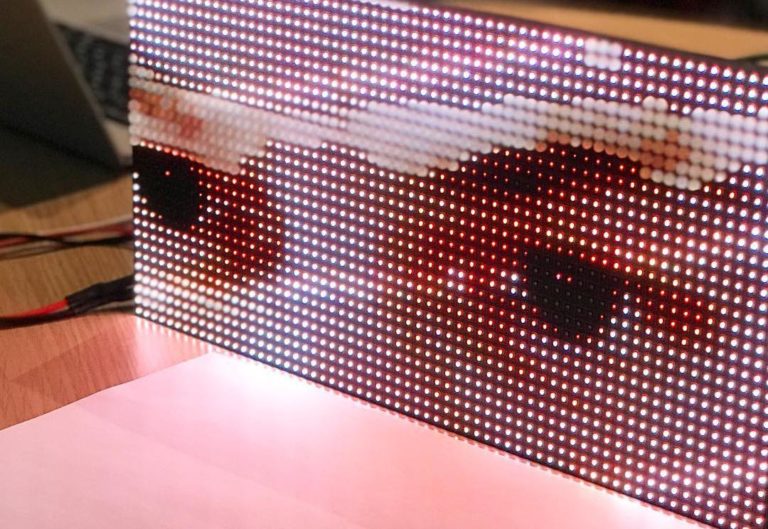
This past March, CAN joined forces with UAL Creative Computing Institute to present the first in a series of events that examine new forms of cross-disciplinary art and design practice. Entitled Document 1., the event was comprised of a workshop, seminar, and symposium, and took place at UAL’s newly refurbished Camberwell College of Art in London.
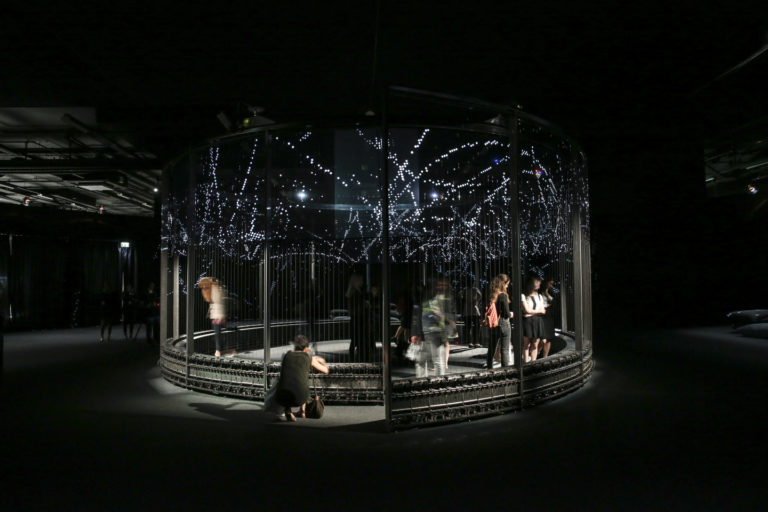
HALO is a large scale immersive artwork which embodies Semiconductor’s ongoing fascination with how we experience the materiality of nature through the lens of science and technology.
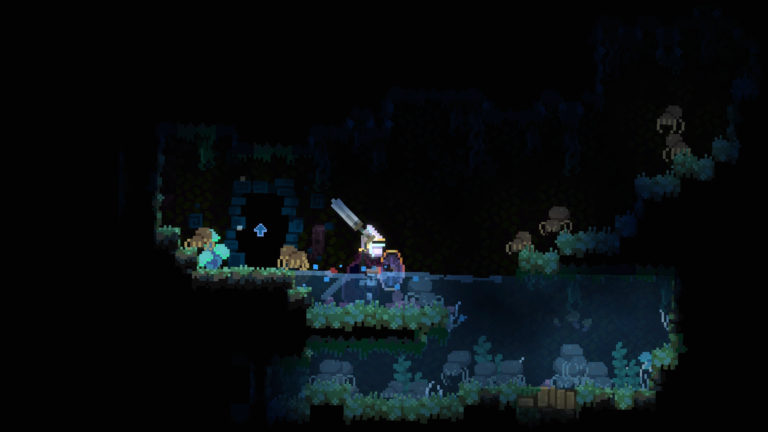
Created by Wizard Mode (Ben Porter), MoonQuest is a single-player procedurally-generated adventure game set in a strange nocturnal world. The gameplay is a mix of roguelike and minecraftian genres and sits somewhere between Terraria and Spelunky, with the main aim to search the generated world for moonstones.
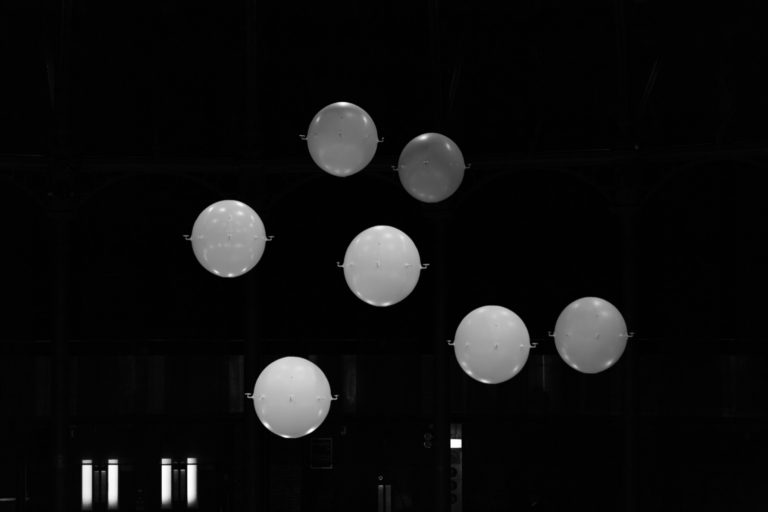
Created by Random International, Zoological is a flock of autonomous, flying spheres that move collectively. Algorithmically driven, the spheres react to their surroundings and, sometimes, to people within their environment.
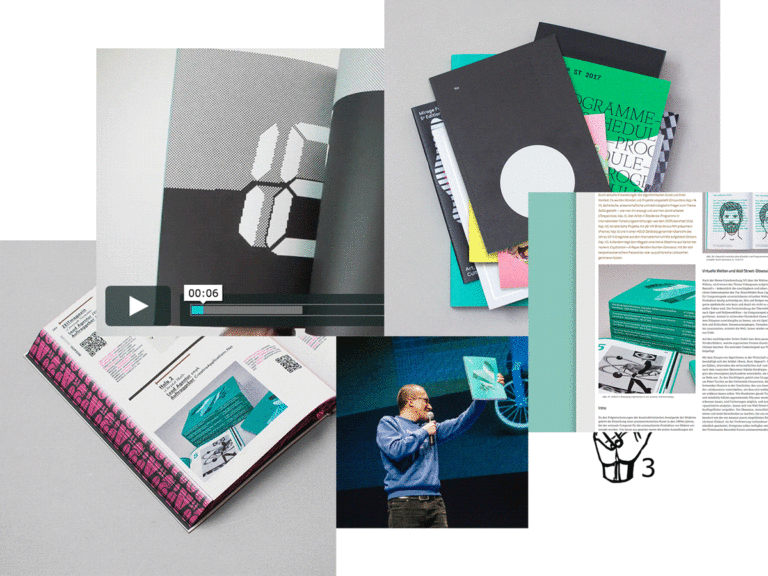
About a year ago HOLO 2 came rolling off the press and we’ve spent the last twelve months shipping it and presenting it all over the world. We compiled a pretty massive report that collates all the crucial facts, figures, and feedback we’ve received. Thanks to our readers, partners, and contributors alike for your support—HOLO is a tribute to the amazing communities it chronicles.
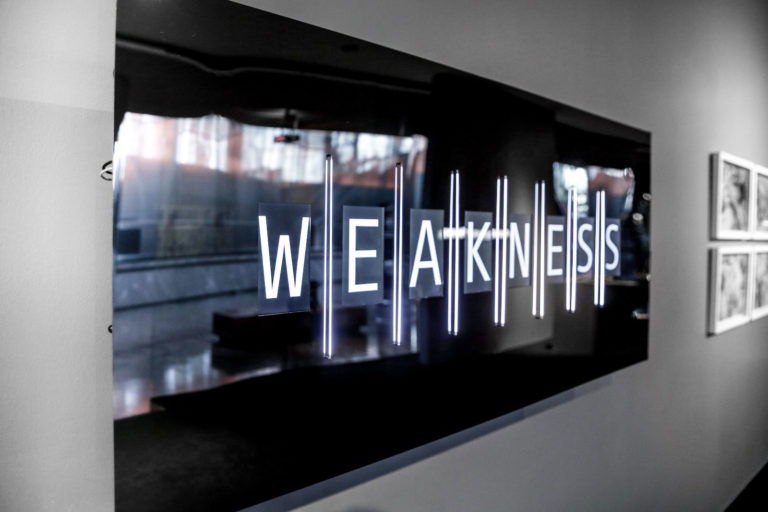
Created by Selcuk Artut, Variable is an artwork that explores the signification of terms in artists’ statements. The artwork uses machine learning algorithms to thoughtfully problematise the limitations of algorithms and encourage the visitor to reflect on poststructuralism’s ontological questions.
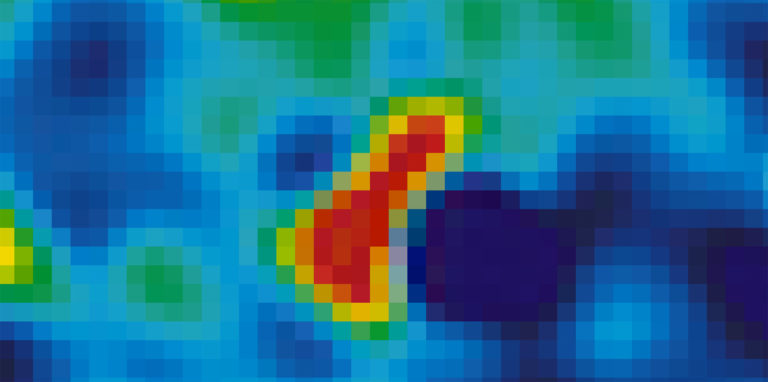
Dan Tapper is a British artist based in Toronto that combines his interest in code and celestial form and his recent research project “Turbulent Forms” visualizes and sonifies various cosmic phenomena. To mark the recent exhibition of this work (and related collaborations with several composers) we present this extended conversation with the artist about cosmology and data aesthetics.
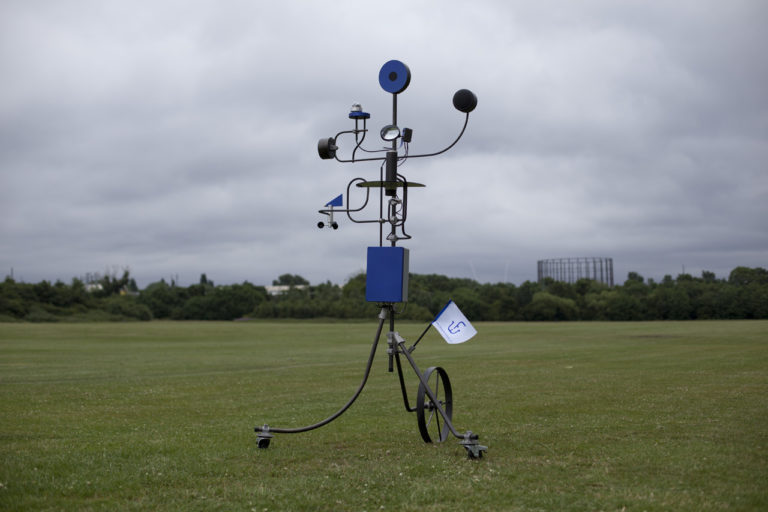
Created by David Colombini, The Weather Followers is a commentary on ‘smart’ applications and predictive, comfortable digital routines. Instead of relying on ‘accurate’ data, intangible algorithms and hidden lines of code-driven lifestyles, this device brings serendipity to your digital life, using constantly evolving weather data recorded by four weather instruments.
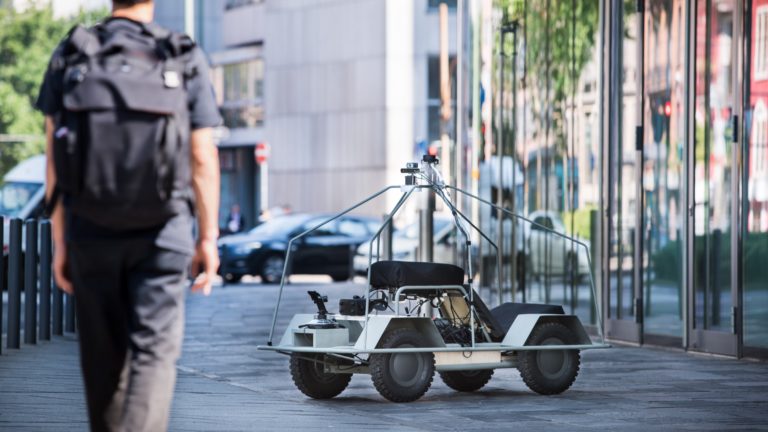
Created by Joey Lee (US), Benedikt Groß (DE), and Raphael Reimann (DE) from the moovel Lab, in collaboration with MESO Digital Interiors (DE), Who Wants to be a Self-Driving Car? is a data driven trust exercise that uses augmented reality to help people empathise with self-driving vehicle systems. The team built an unconventional driving machine that lets people use real-time, three-dimensional mapping and object recognition displayed in a virtual reality headset to navigate through space.
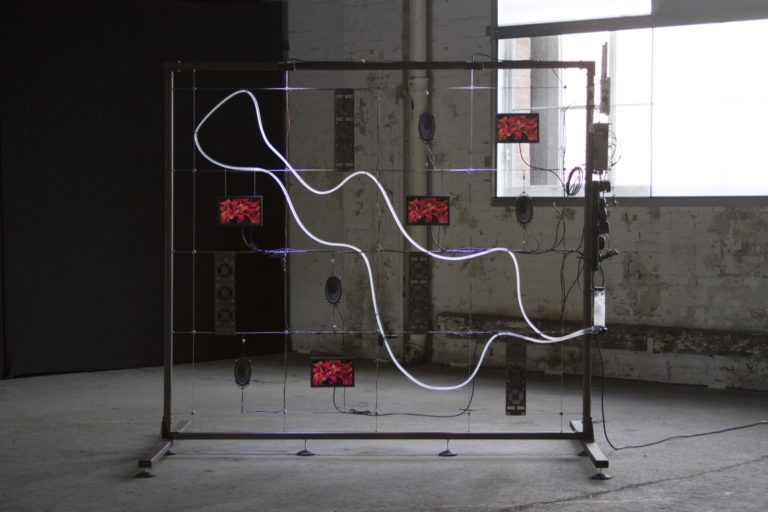
Created by Thomas Grogan, Floral Automaton is a sculptural device that grows flowers digitally. Using various sensors taken from Smart Cities technologies, it reacts and adapts itself to its environment in real time.
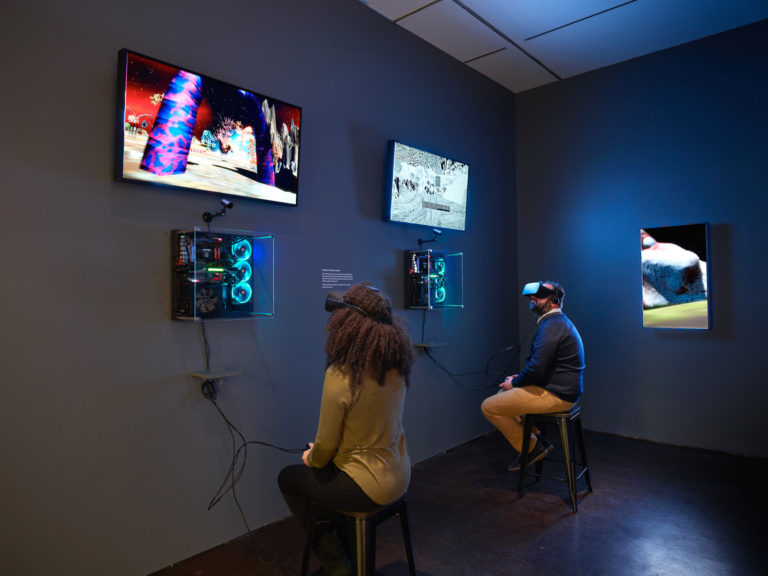
DiMoDa is a VR-based ‘digital museum for digital art’ initiated in 2015. After a busy 2016 the museum’s second iteration is currently showing at RISD Museum in Rhode Island. The museum’s co-founder Alfredo Salazar-Caro sheds a little light on where there platform has been, and where it is going.
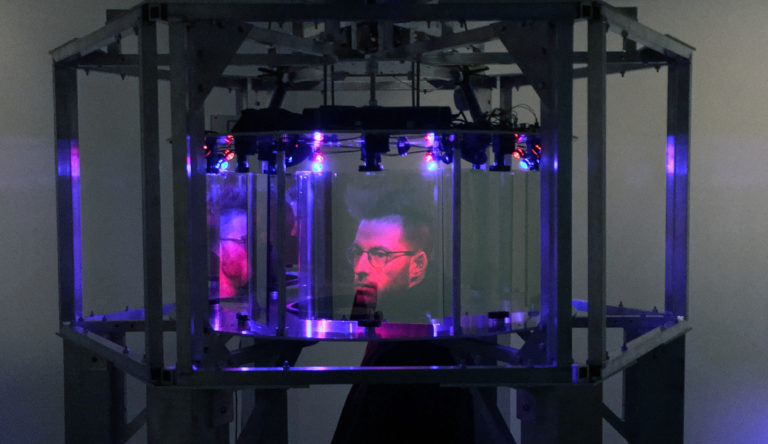
The Object of the Internet is a kinetic installation by Montréal-based artist duo Project EVA. Prepared for “The Dead Web” exhibition at Eastern Bloc, the apparatus invites viewers to put their heads inside an elaborate spinning apparatus that reflects and blurs their likeness and identity.
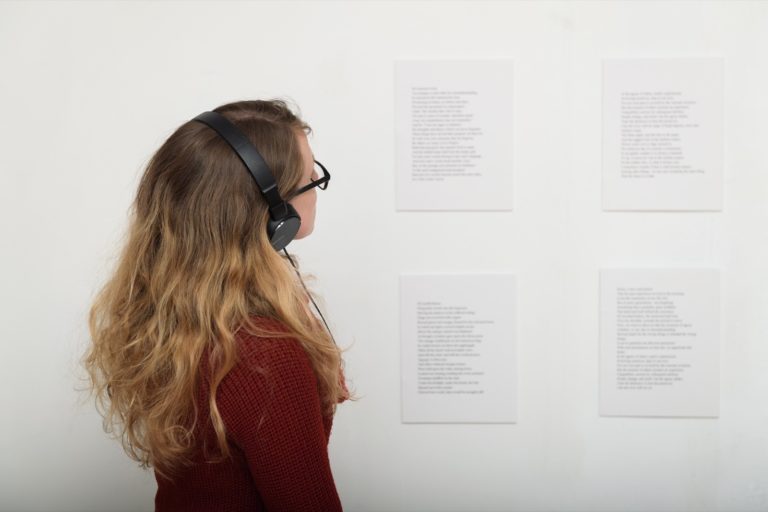
In the final week of the last year’s fall 10-week program at the School for Poetic Computation (SFPC), students presented their work in progress and its underly ideas in a public showcase. Here is a selection of projects that were presented.
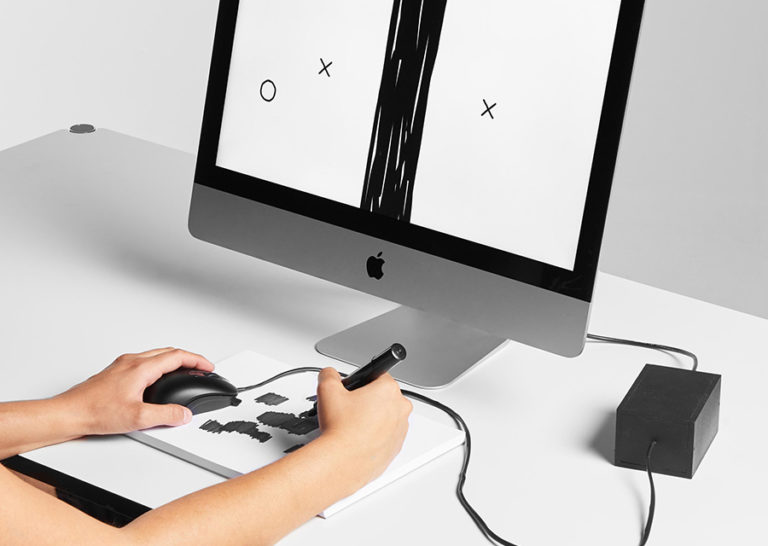
Created by Mylène Dreyer at ECAL, Scribb is a computer game in which the physical area scanned by the mouse is an integral part of the interaction. The player must draw black areas, detected by the mouse, to be able to evolve in the game, simultaneously managing the position of the mouse and the surface on which it is placed.
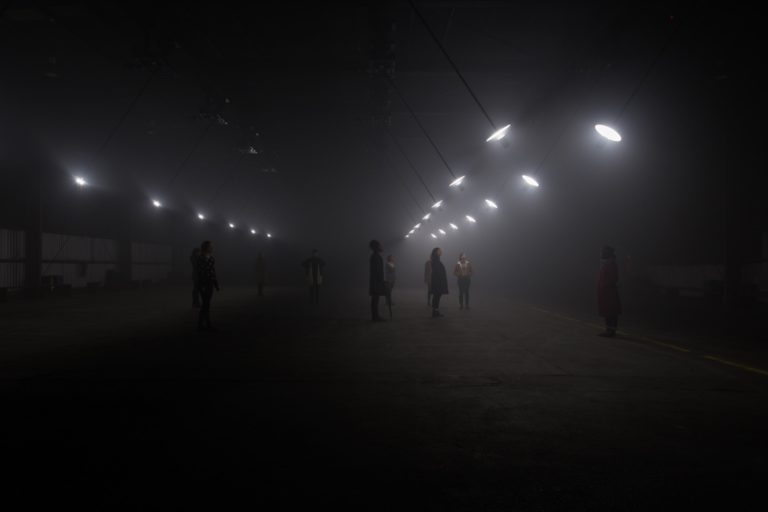
Our Time is the latest large-scale installation by United Visual Artists, investigating the subjective experience of the passing of time. The installation is comprised of 21 bespoke mechanical pendulums that swing at a pace apparently unhindered by the laws of nature and where no single time measurement applies.
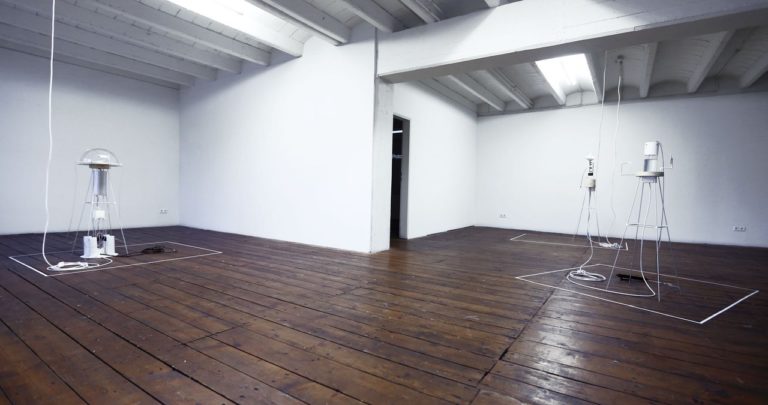
Created by Jasna Dimitrovska as a part of her Digital Media – HfK Bremen, Master Theses, Three Machines on Transparency is comprised of three machines that by own demonstration allow the artist to synthesise philosophical concepts of different forms+ideas of transparency into the corporeality.
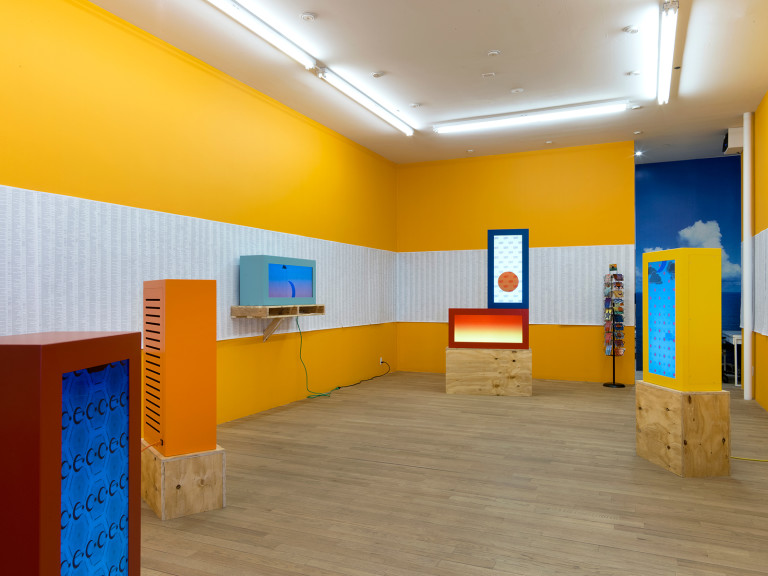
A consideration of systems and scale in Marina Zurkow’s “MORE&MORE (the invisible oceans)” and Rachel Rose’s “Everything & More,” exhibitions recently mounted at (respectively) bitforms and the Whitney Museum for American Art in NYC.
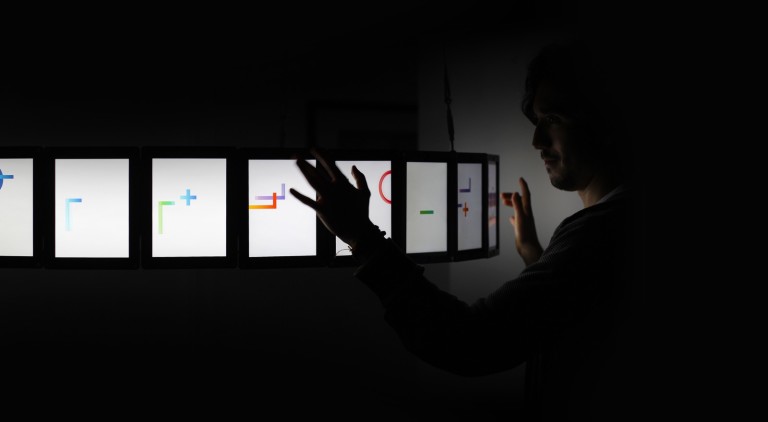
This tutorial will introduce you to creative-coding on iOS with C4, a powerful framework for creating expressive artworks and user experiences. Written entirely in Swift, C4 takes a modern approach to working with animation, gestures and media.
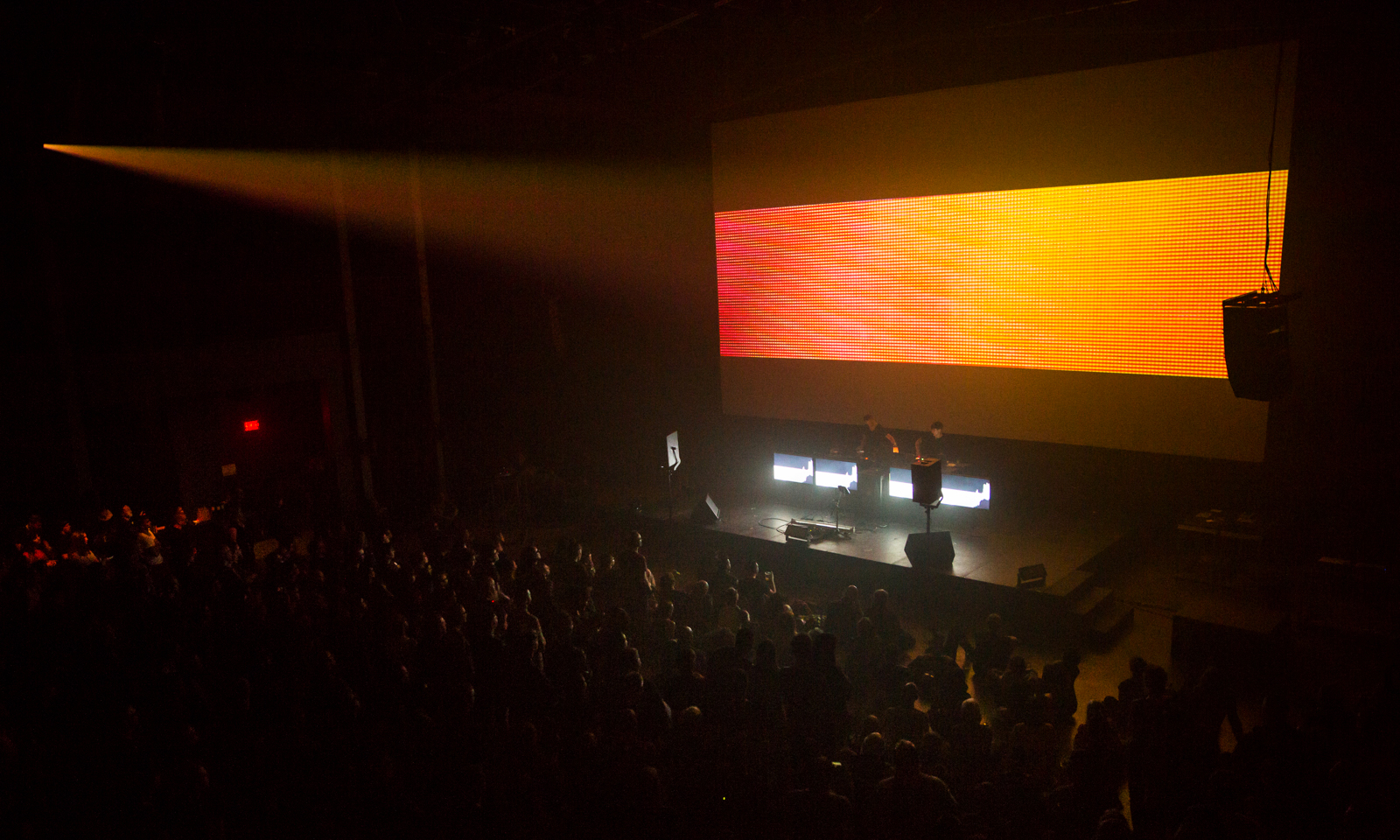
The sixteenth edition of Montréal’s ELEKTRA festival took place from May 13th-17th and delivered a range of audiovisual performances and installations addressing the notion of ‘post-audio’ or perception beyond sound—CAN was on hand to have our retinas singed and eardrums buzzed by the ‘POST-AUDIO’-themed programming.

